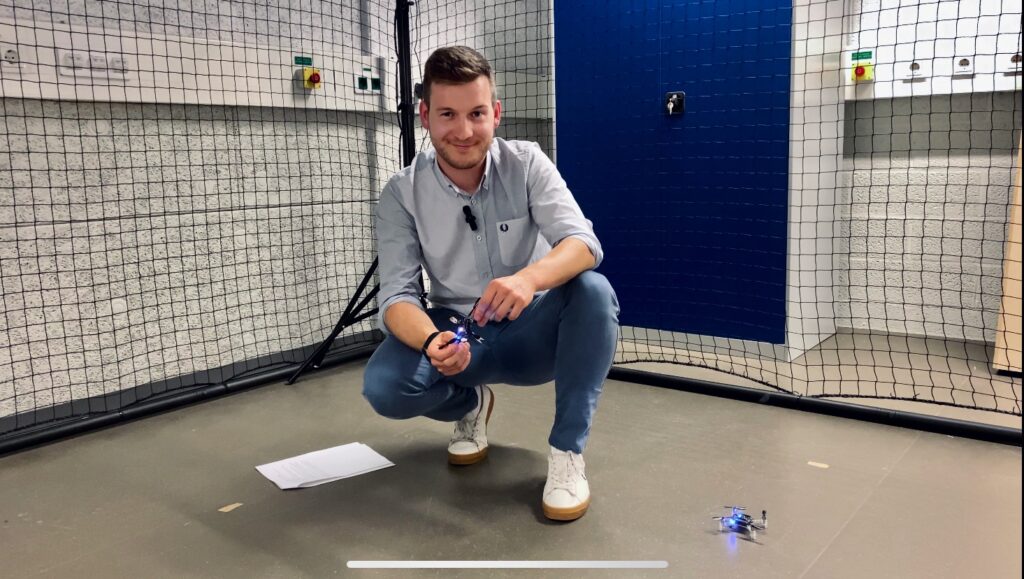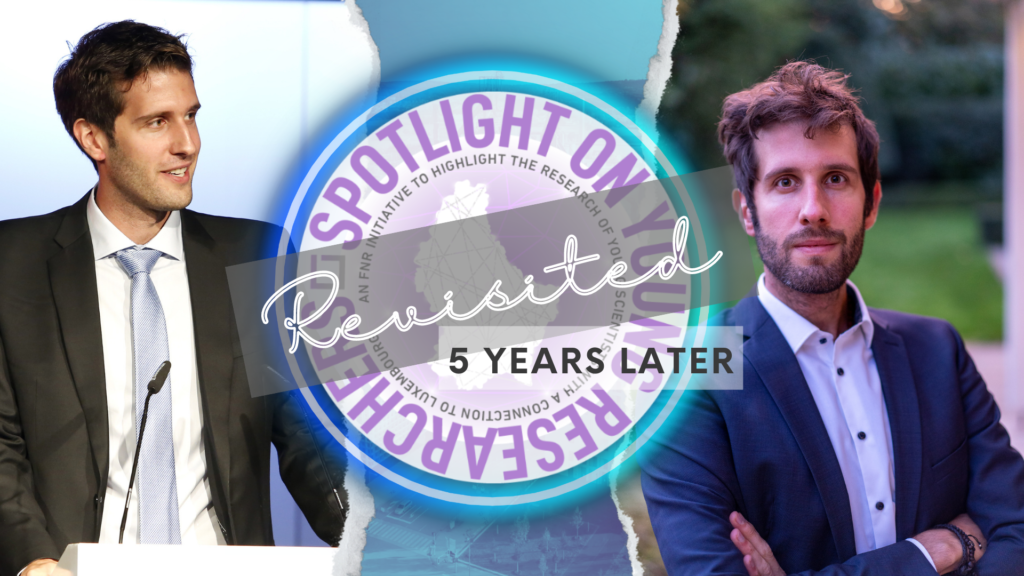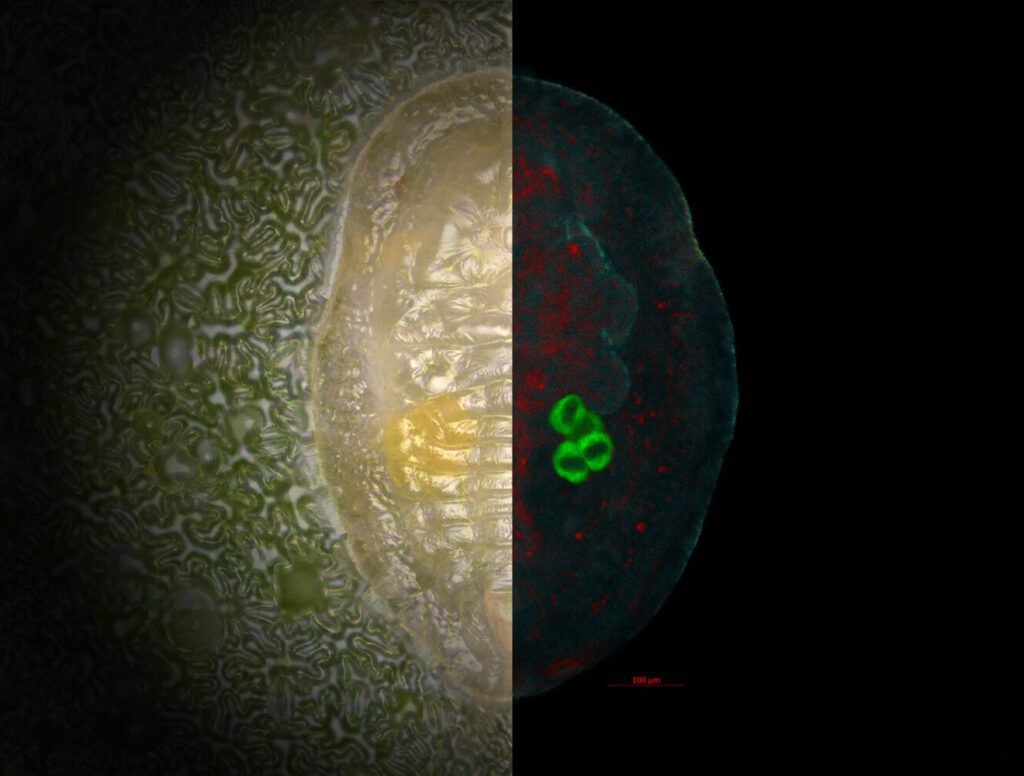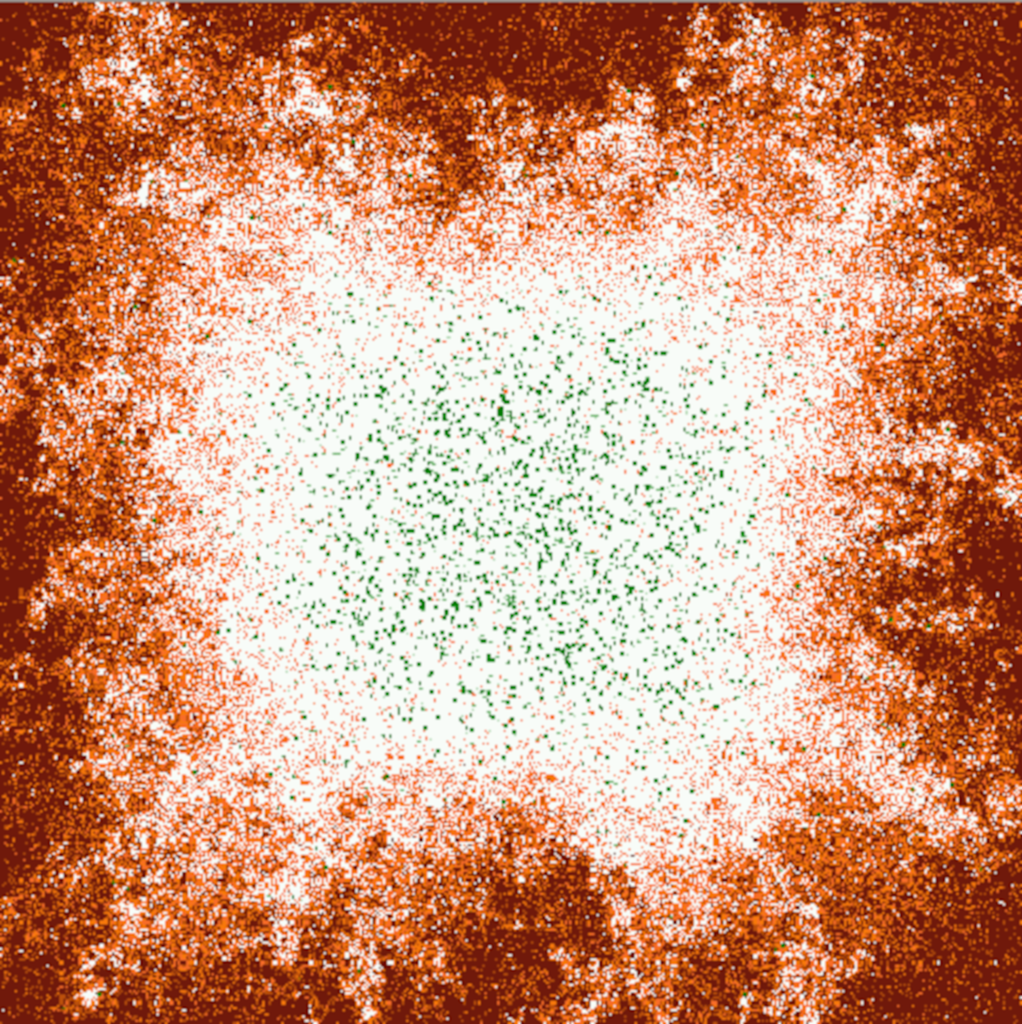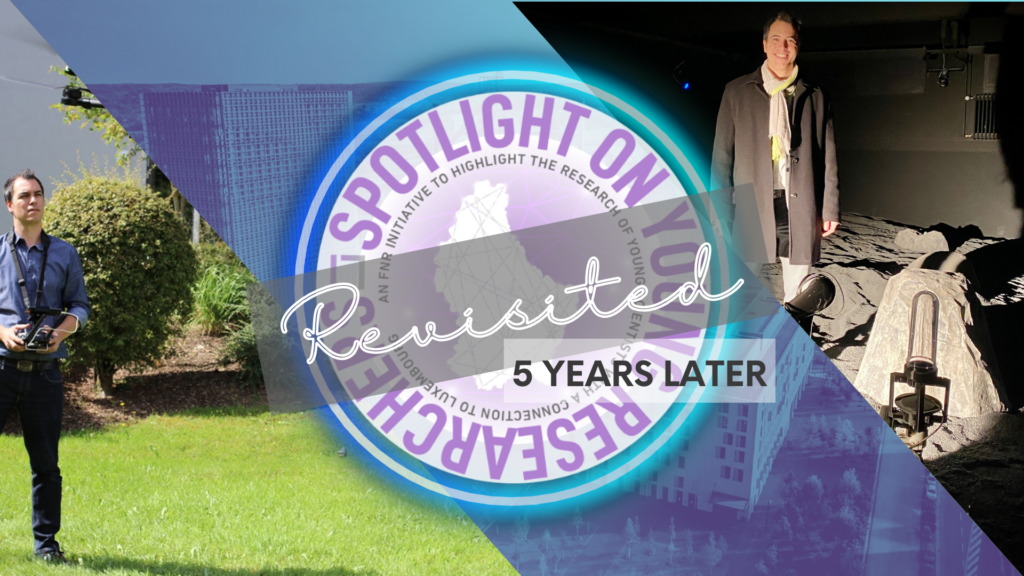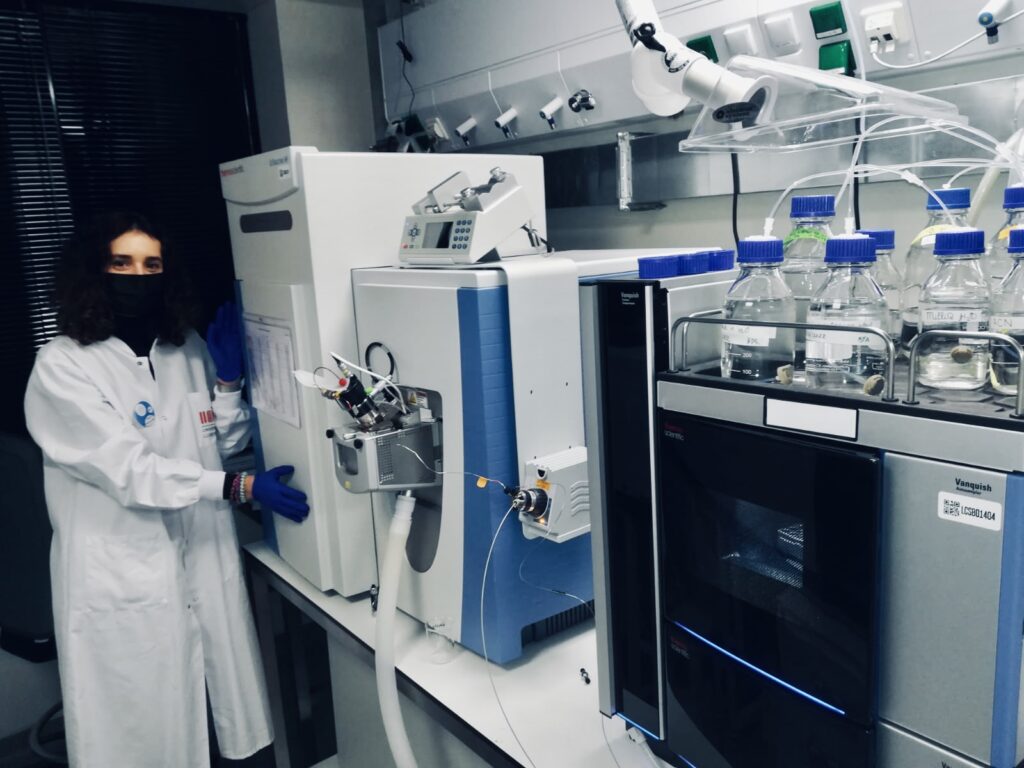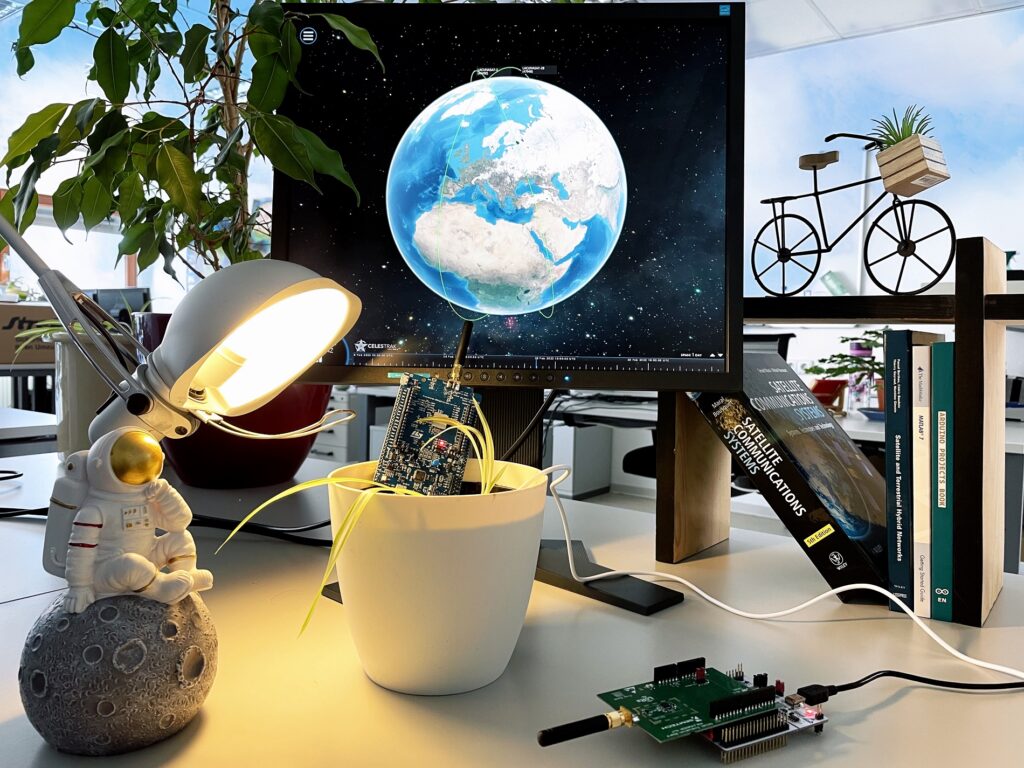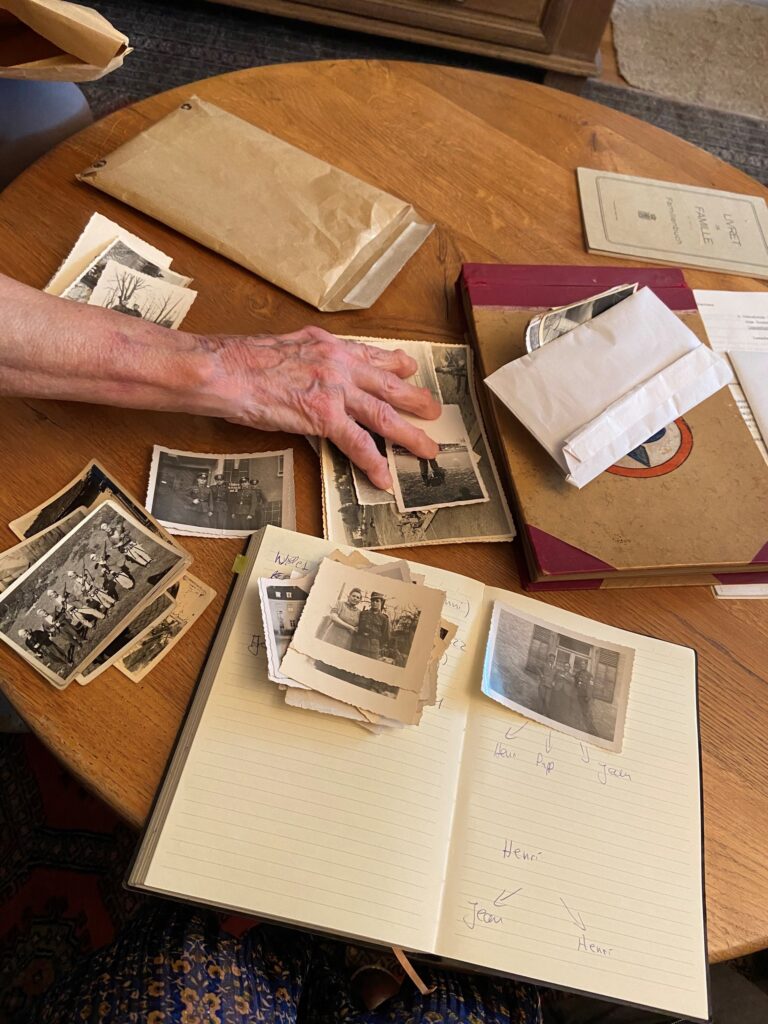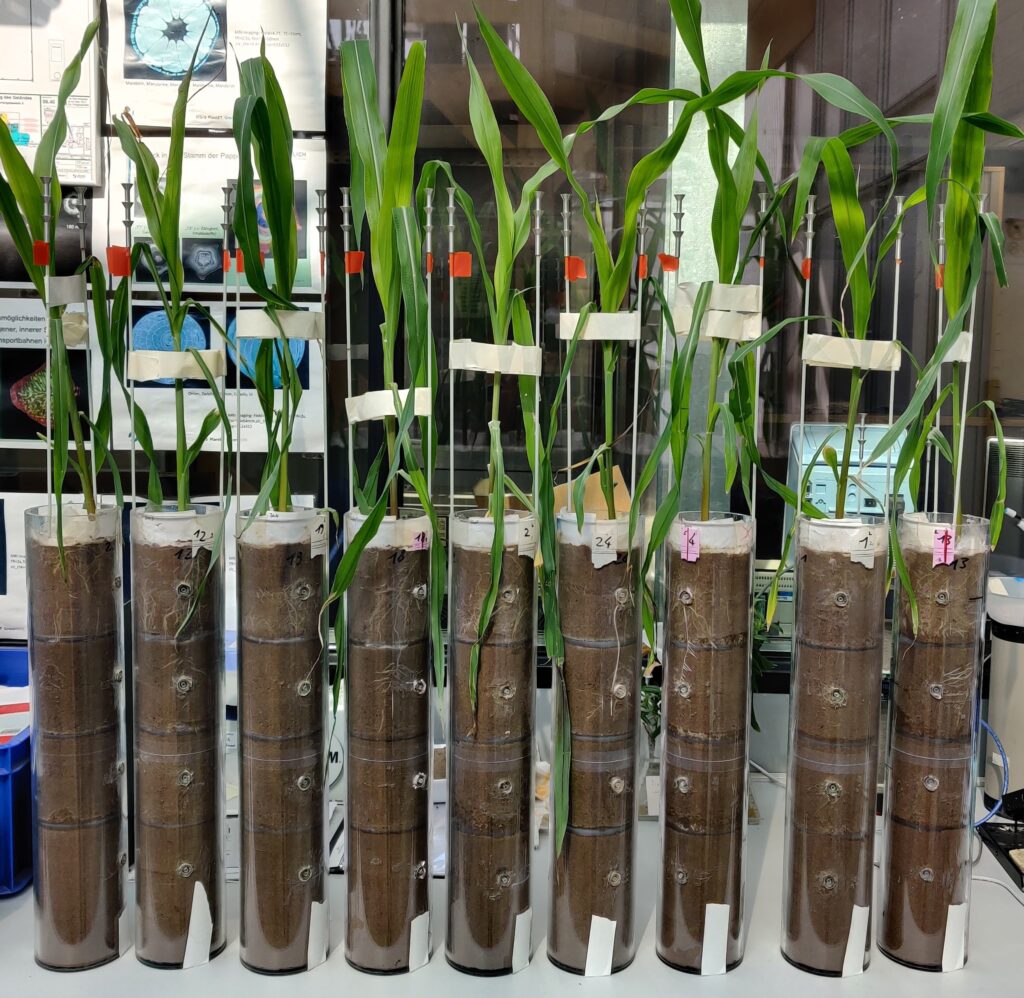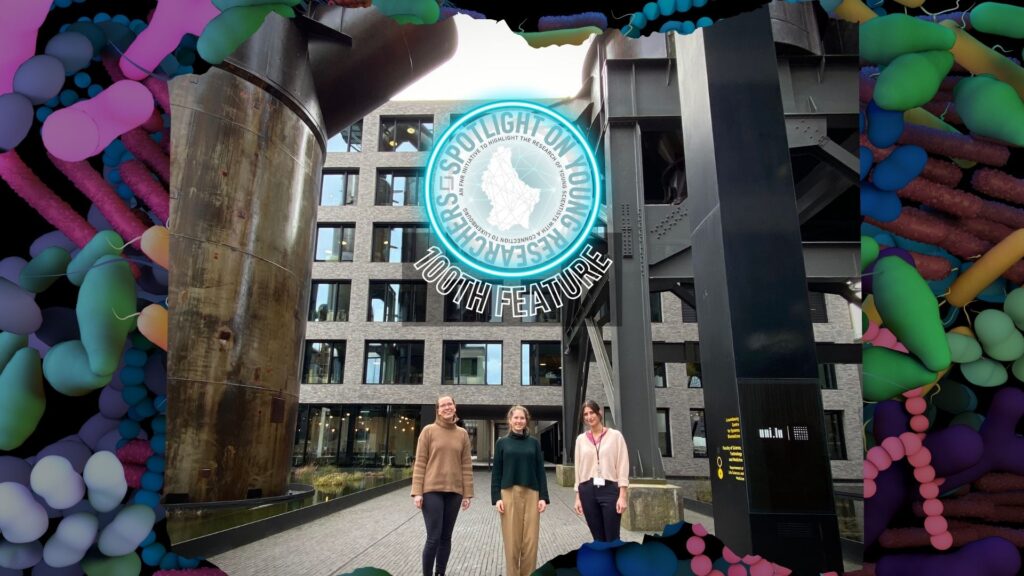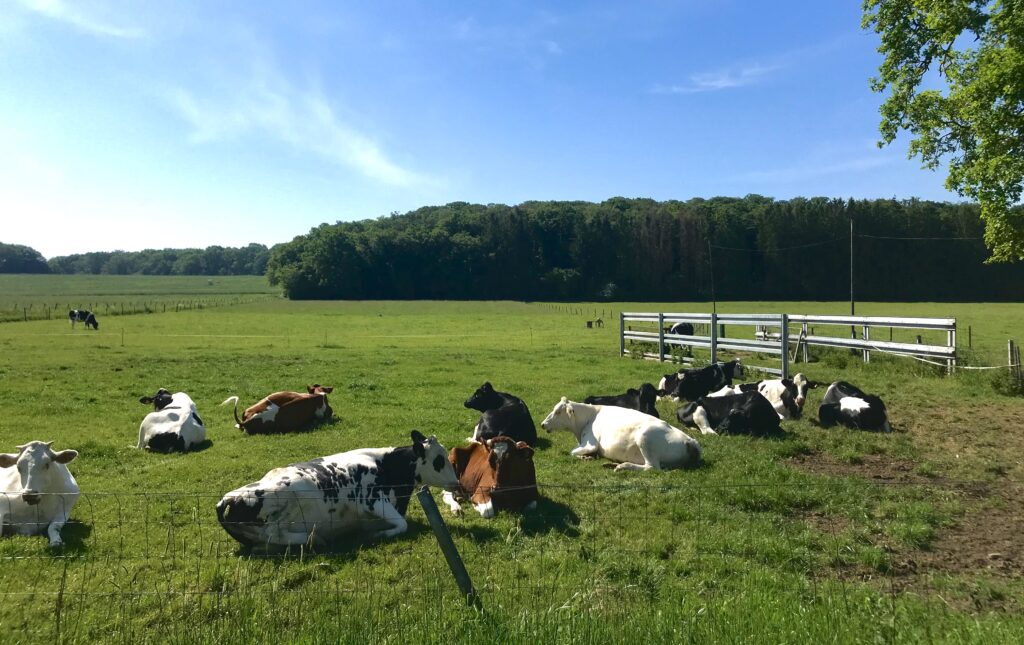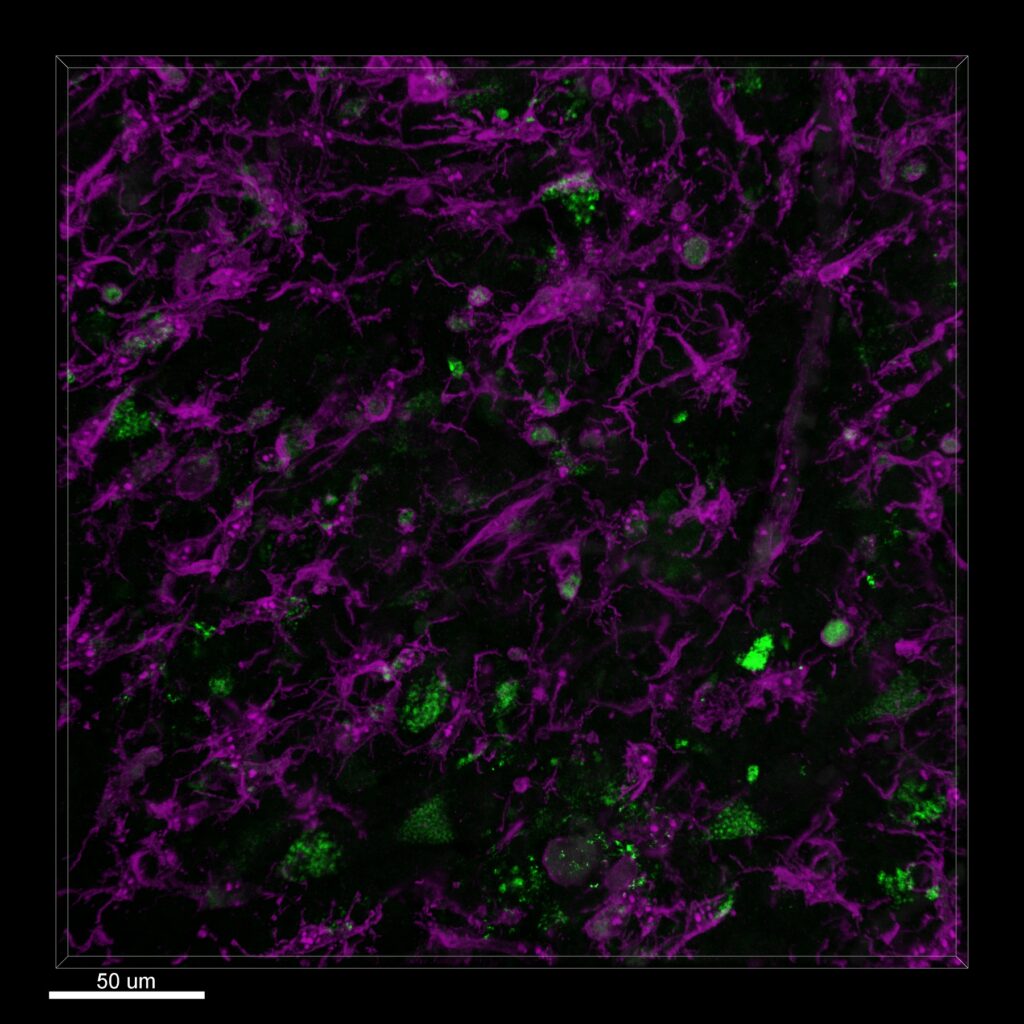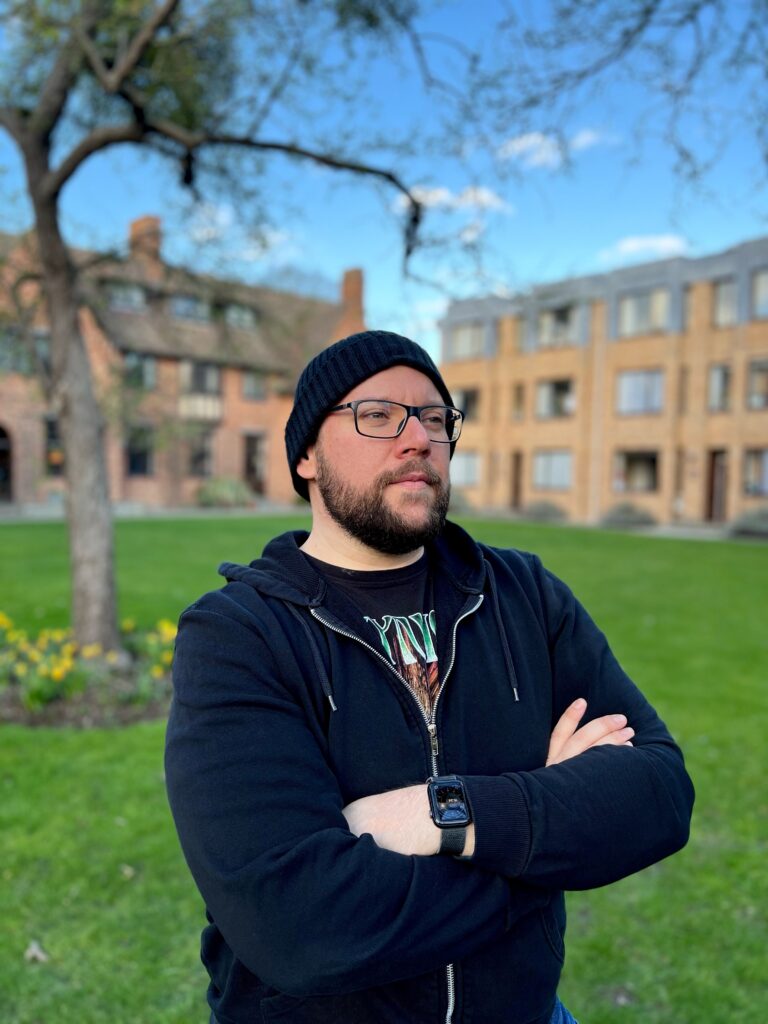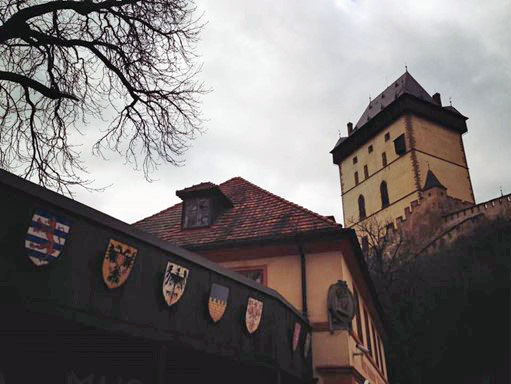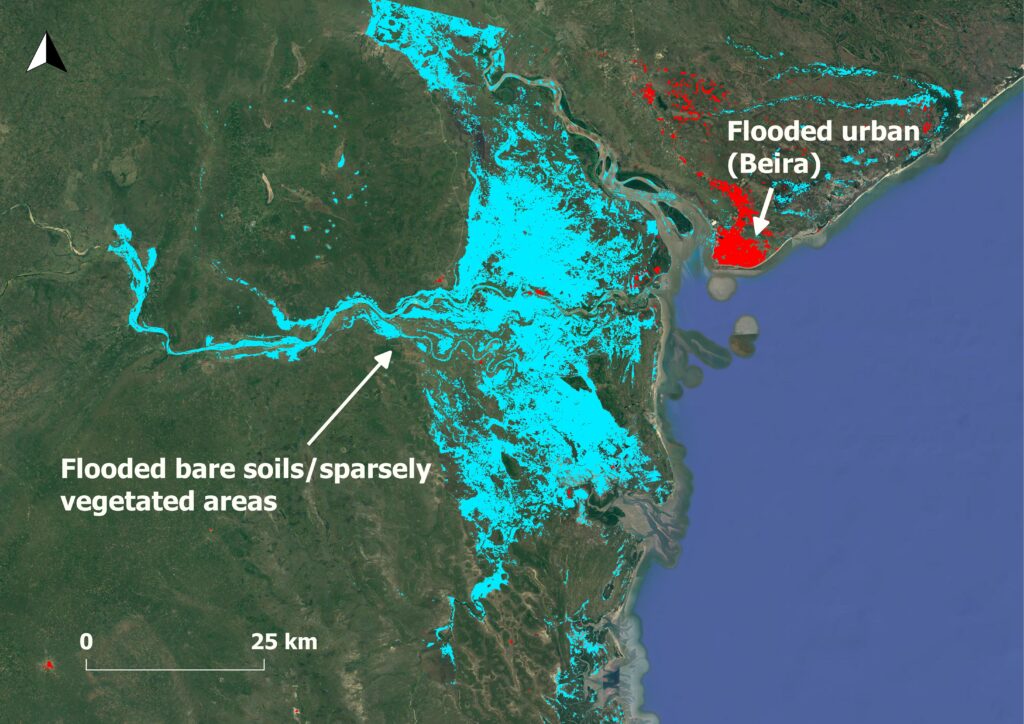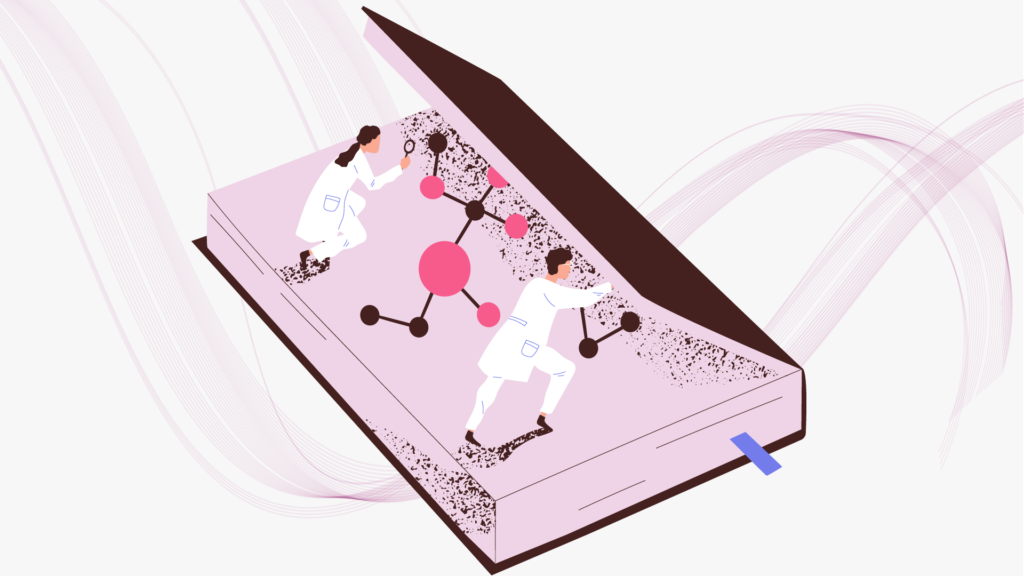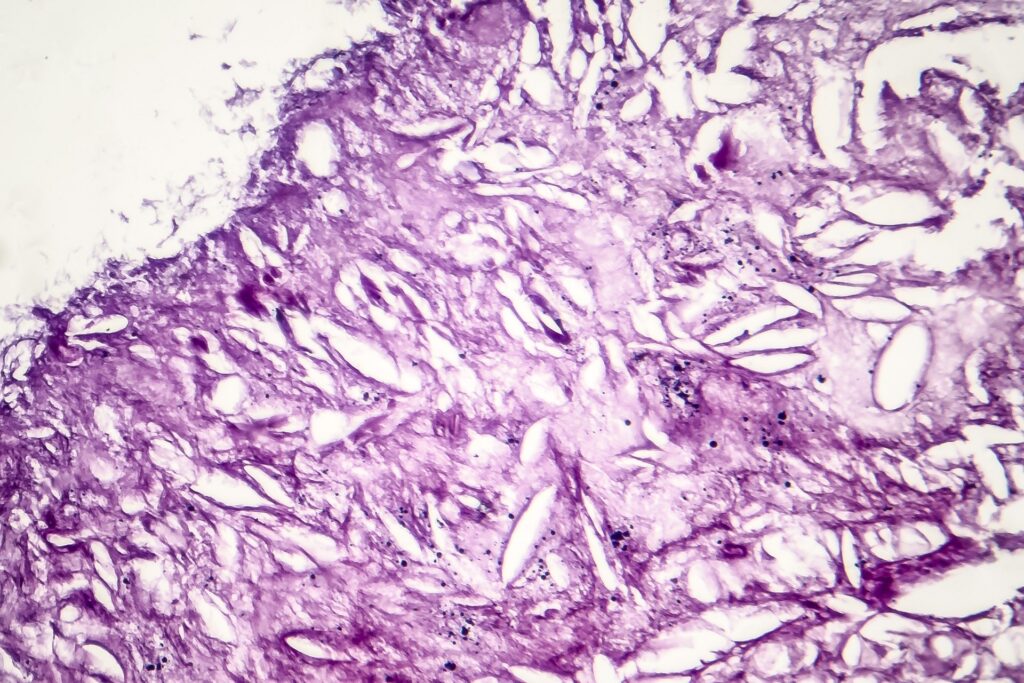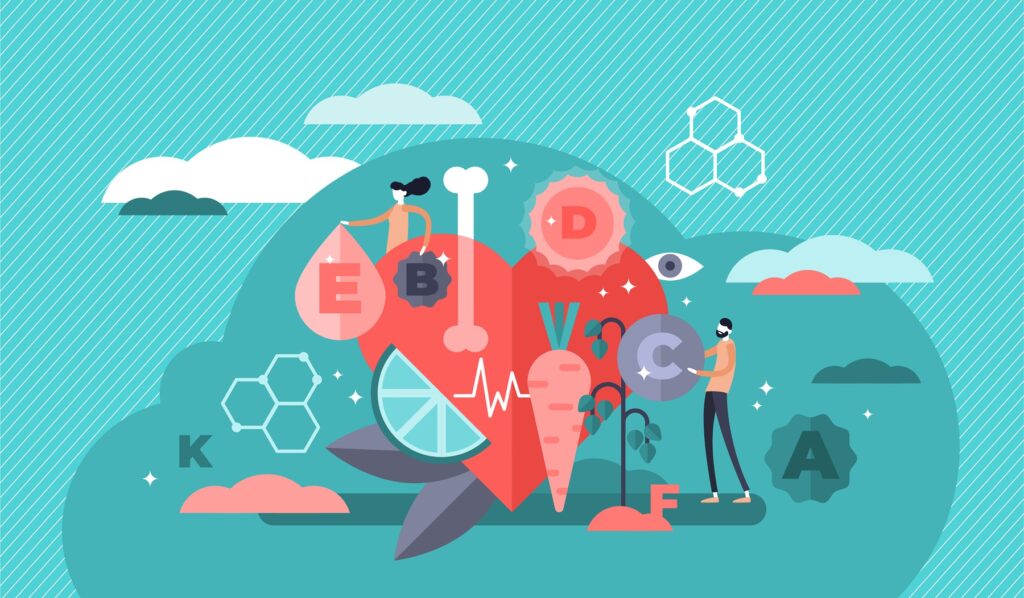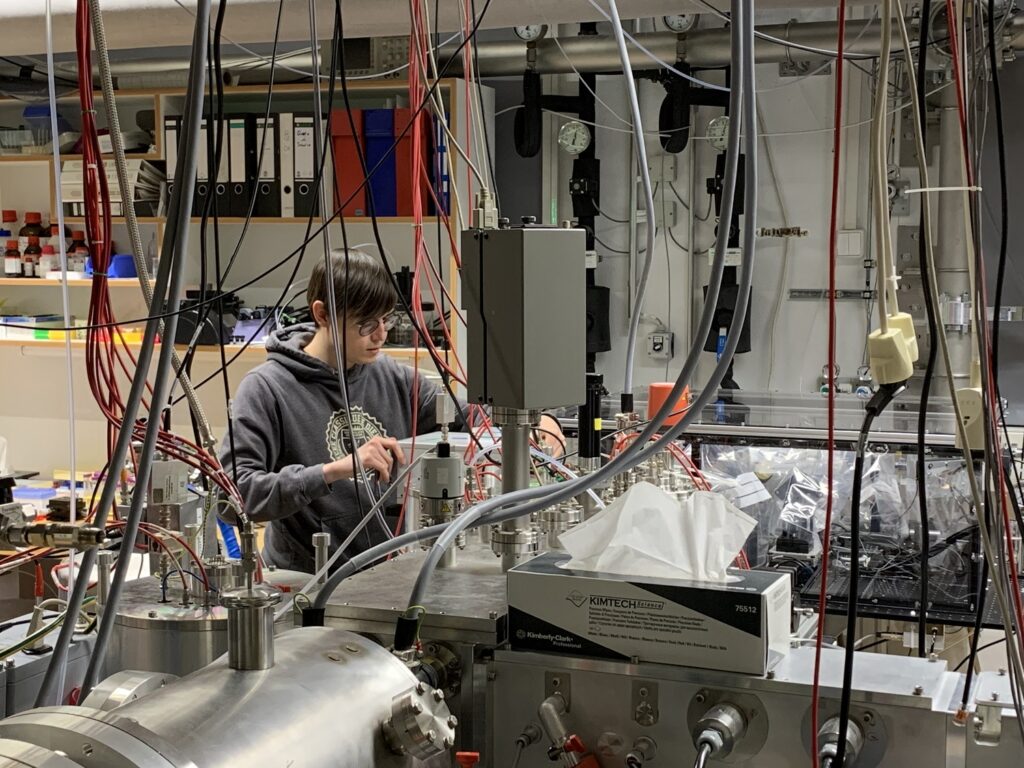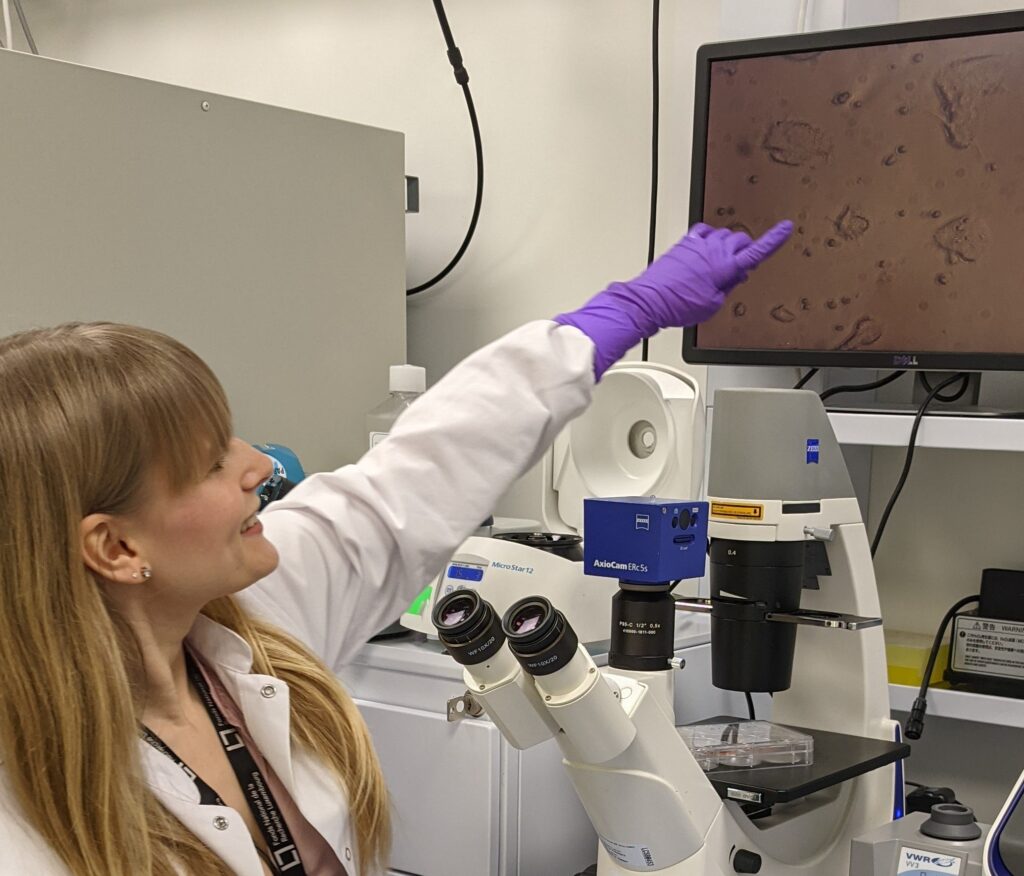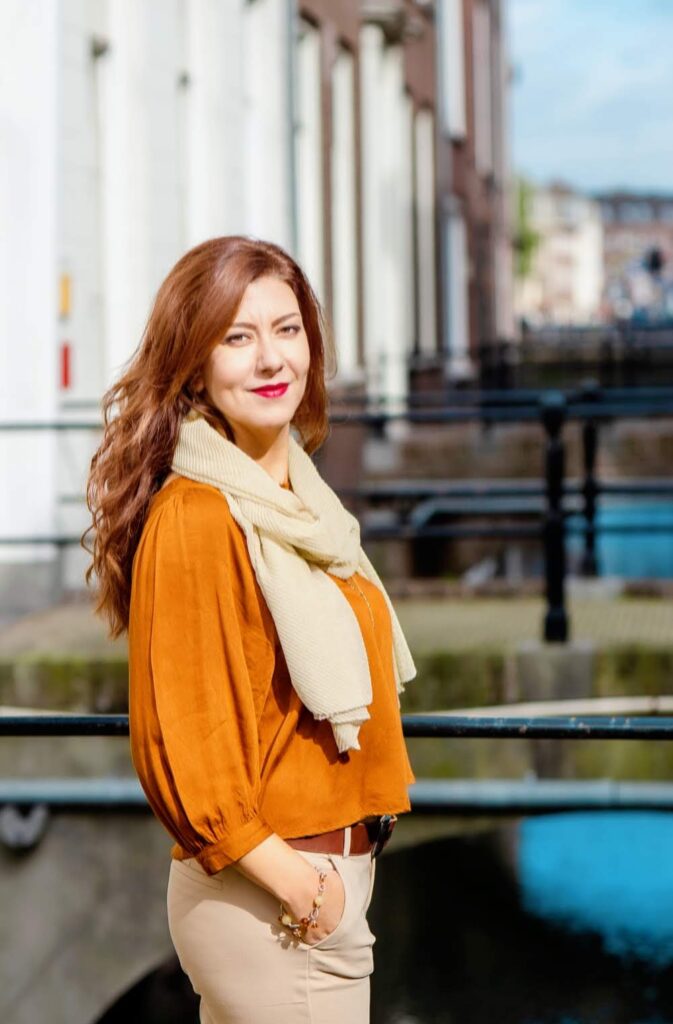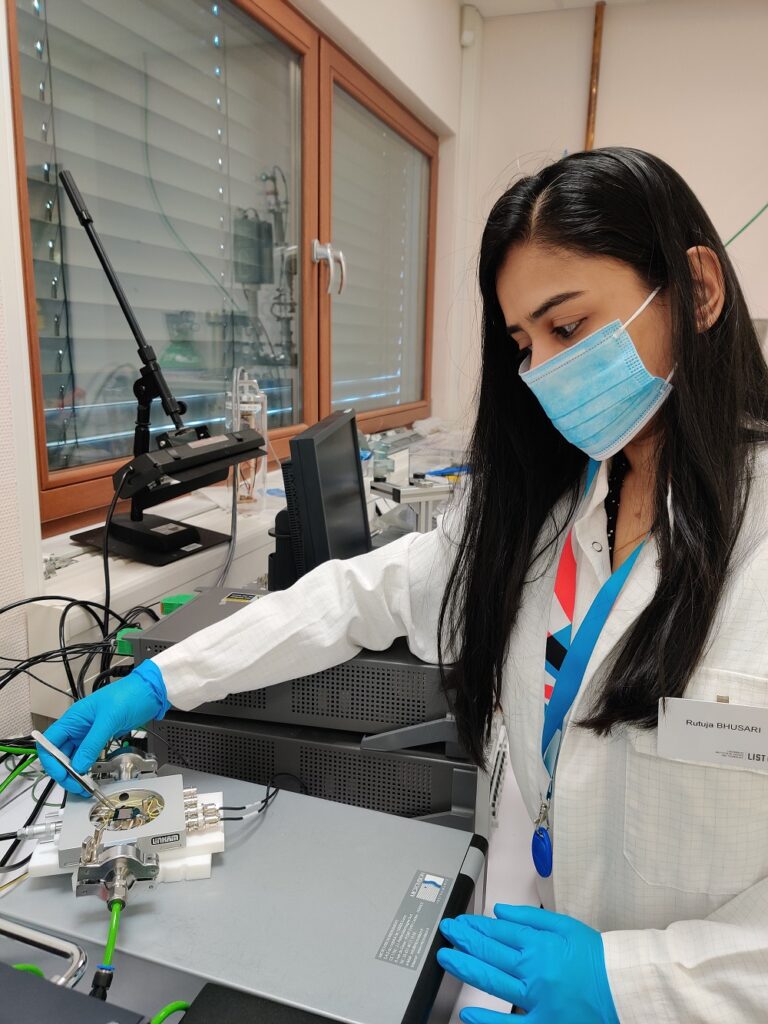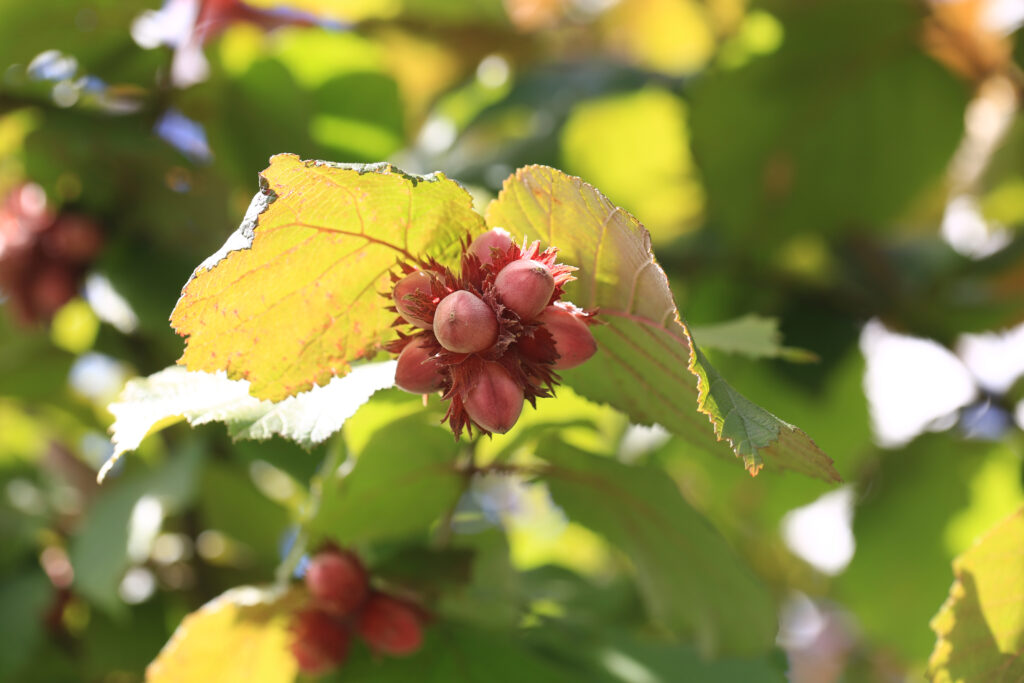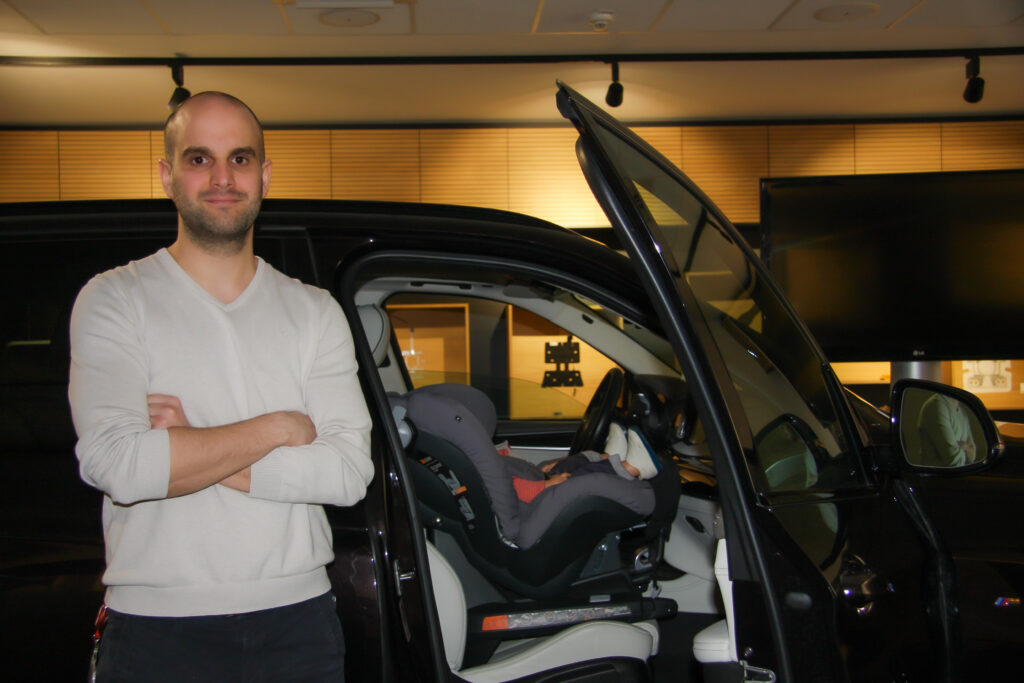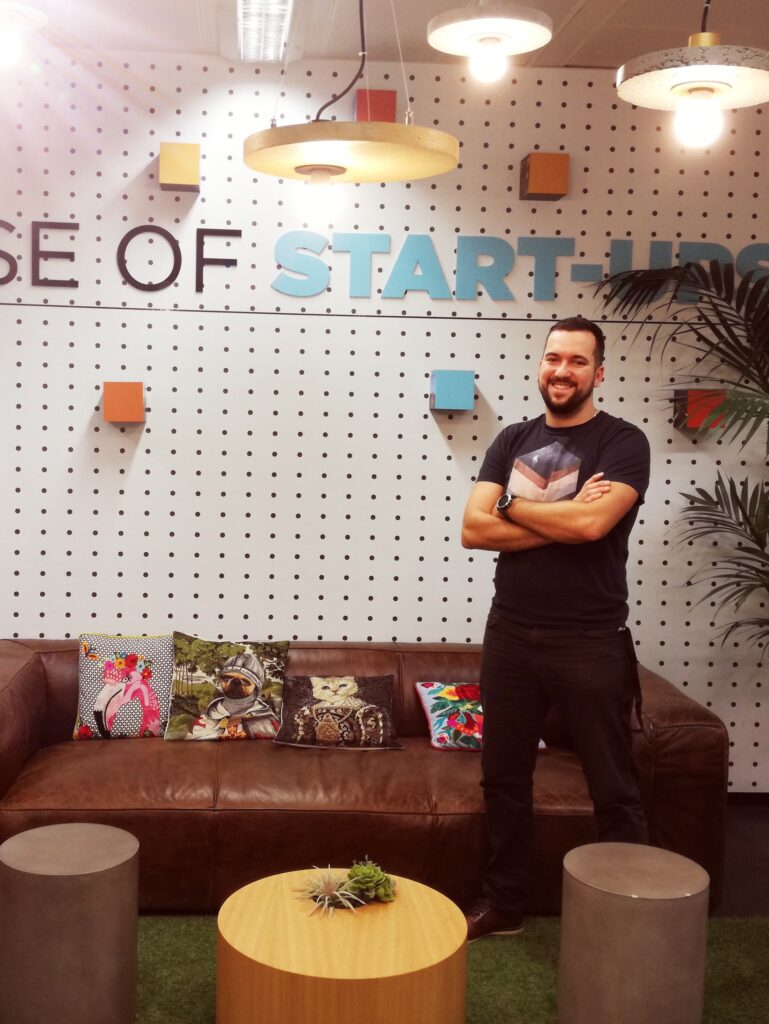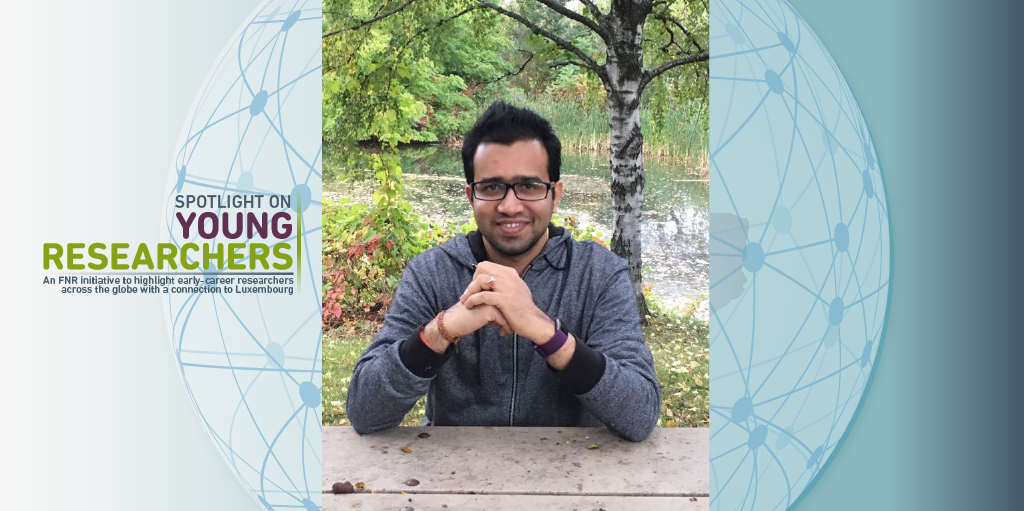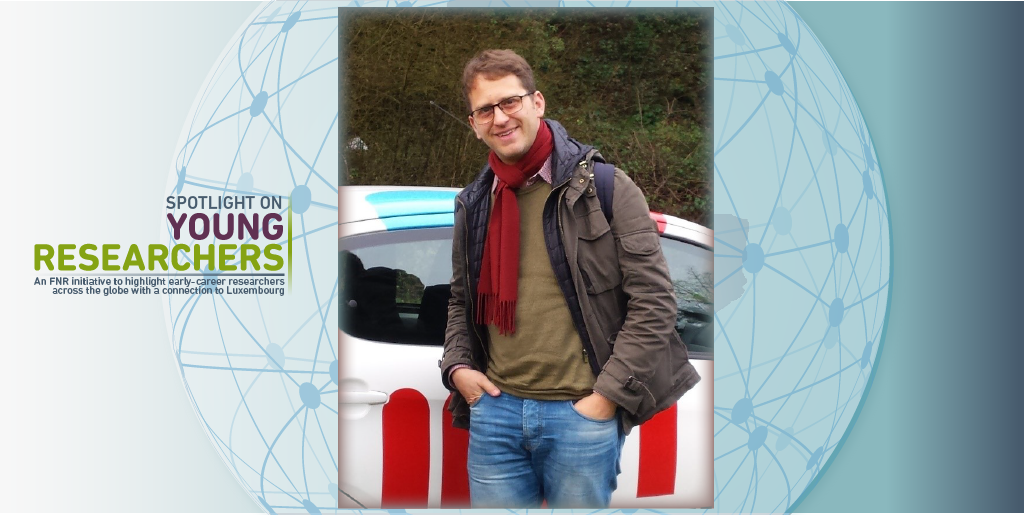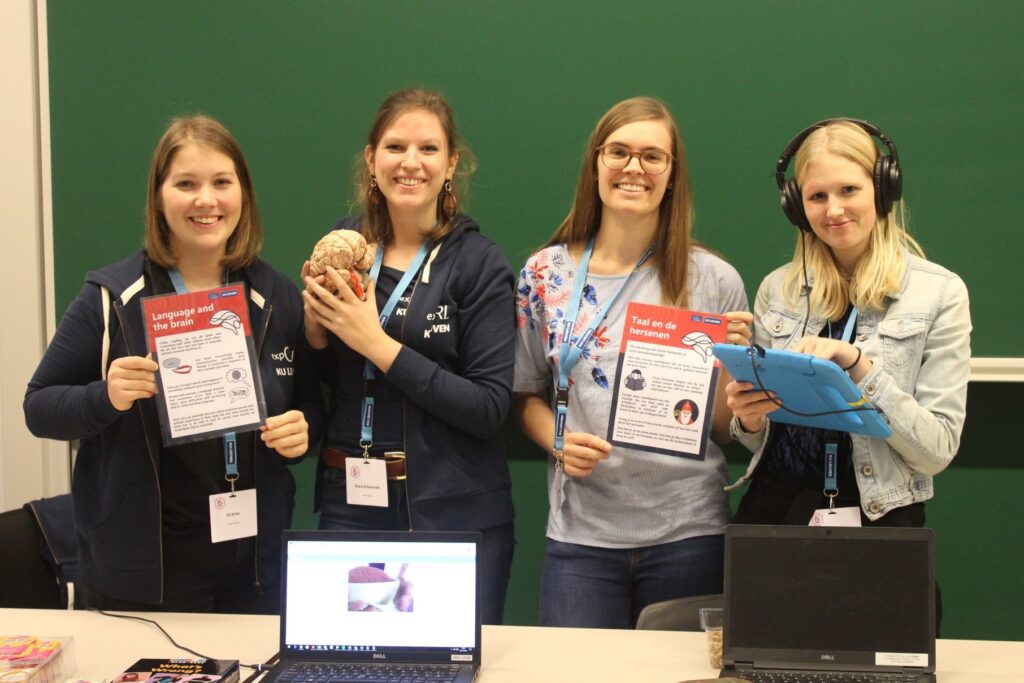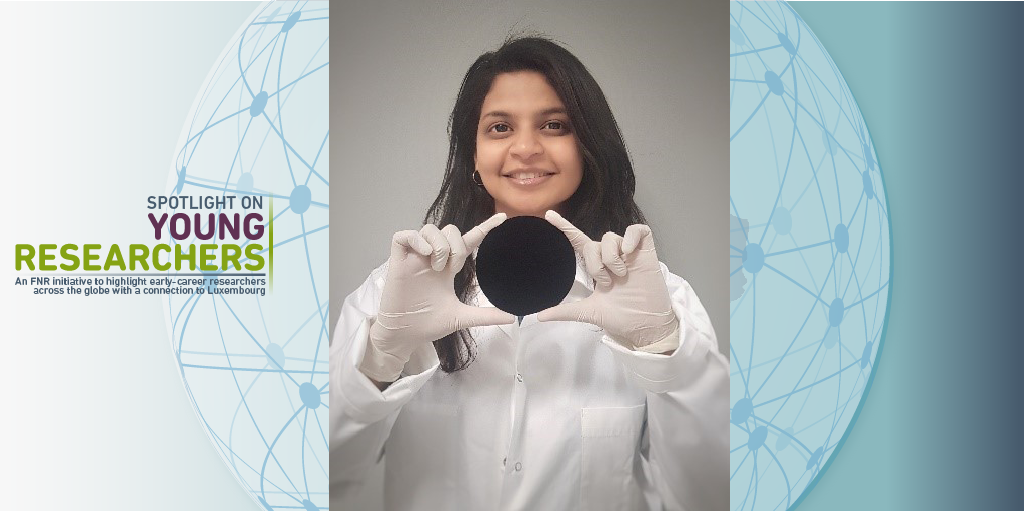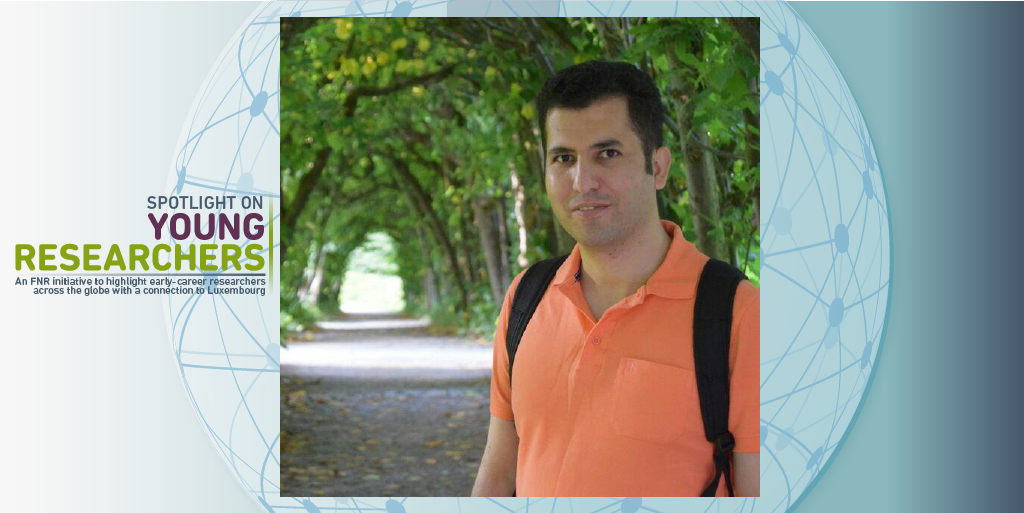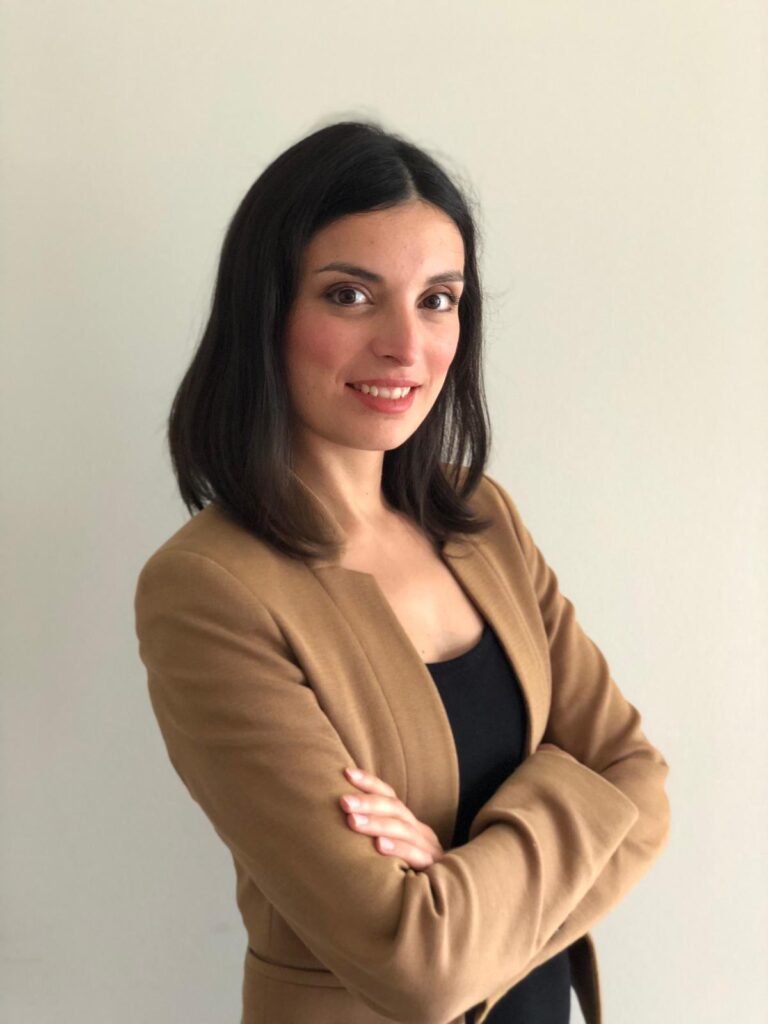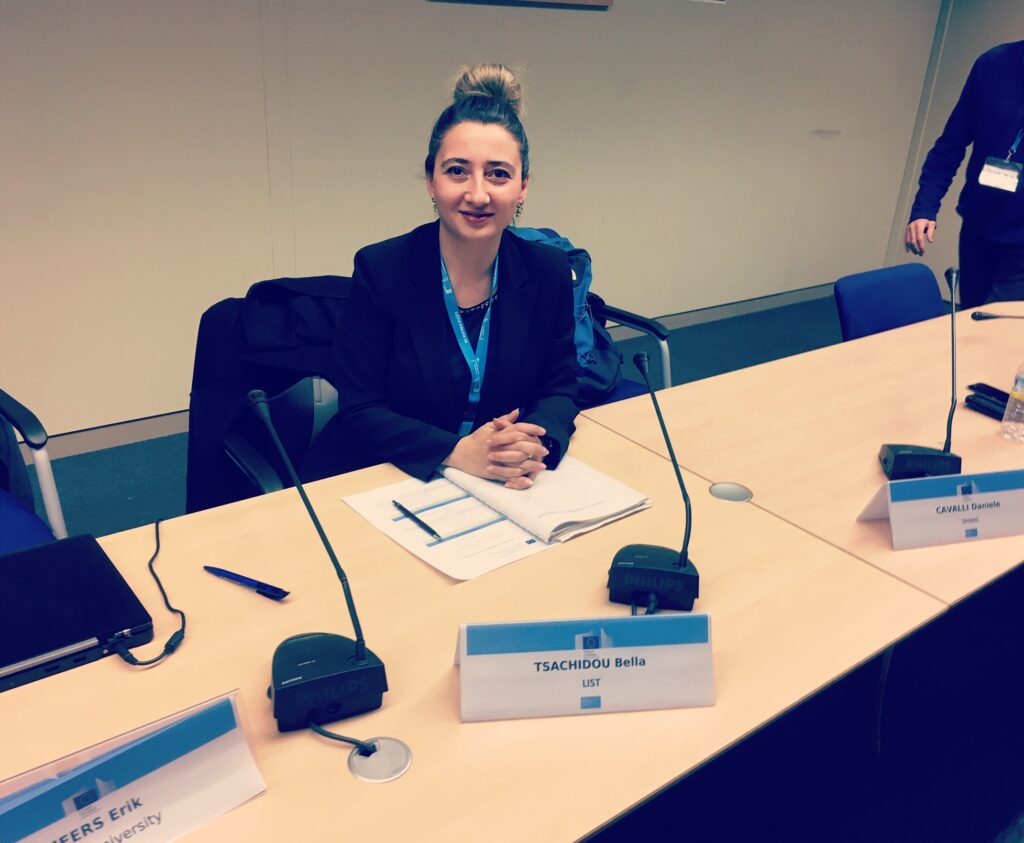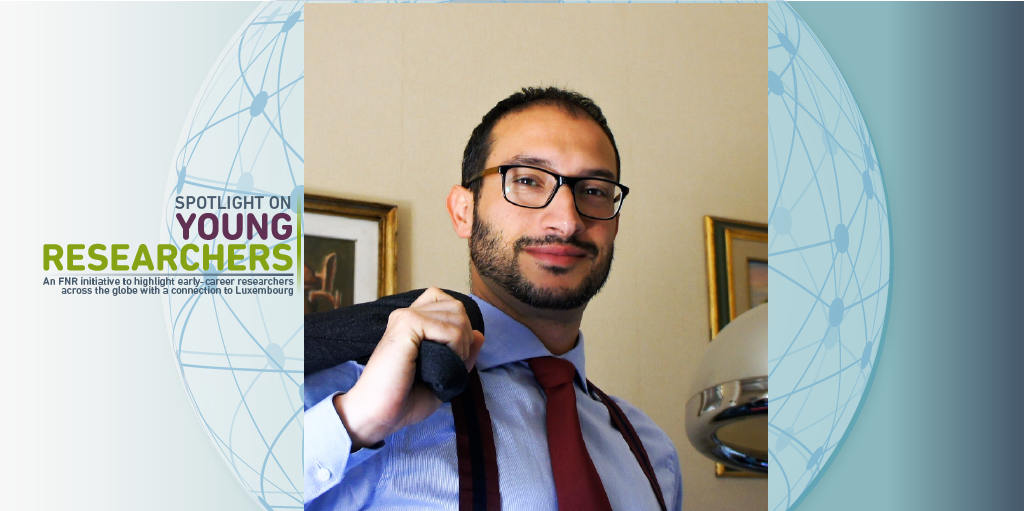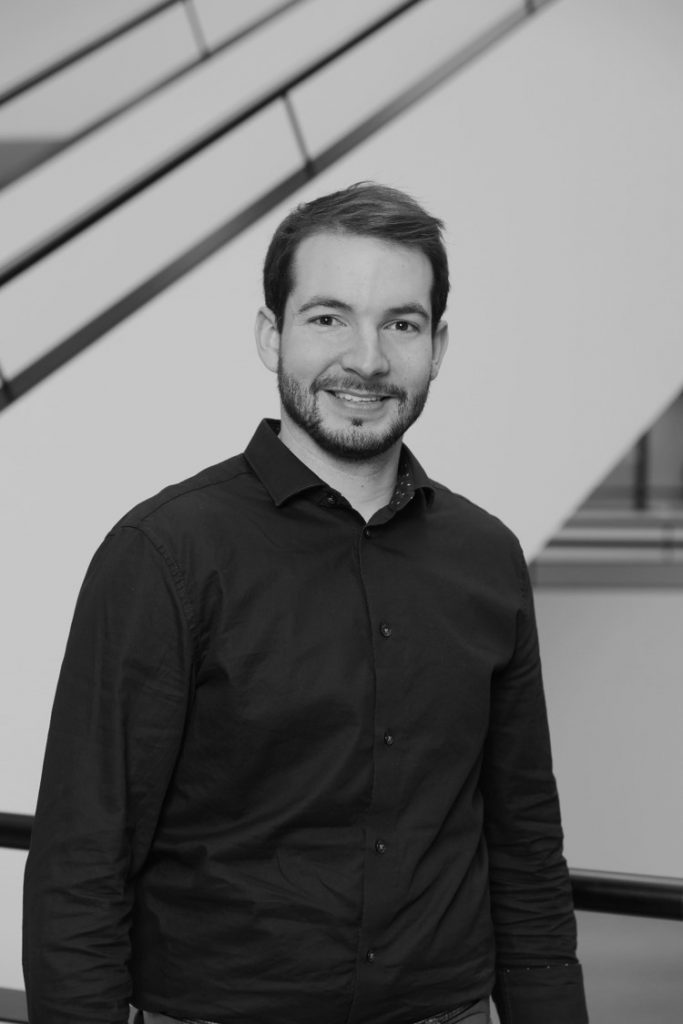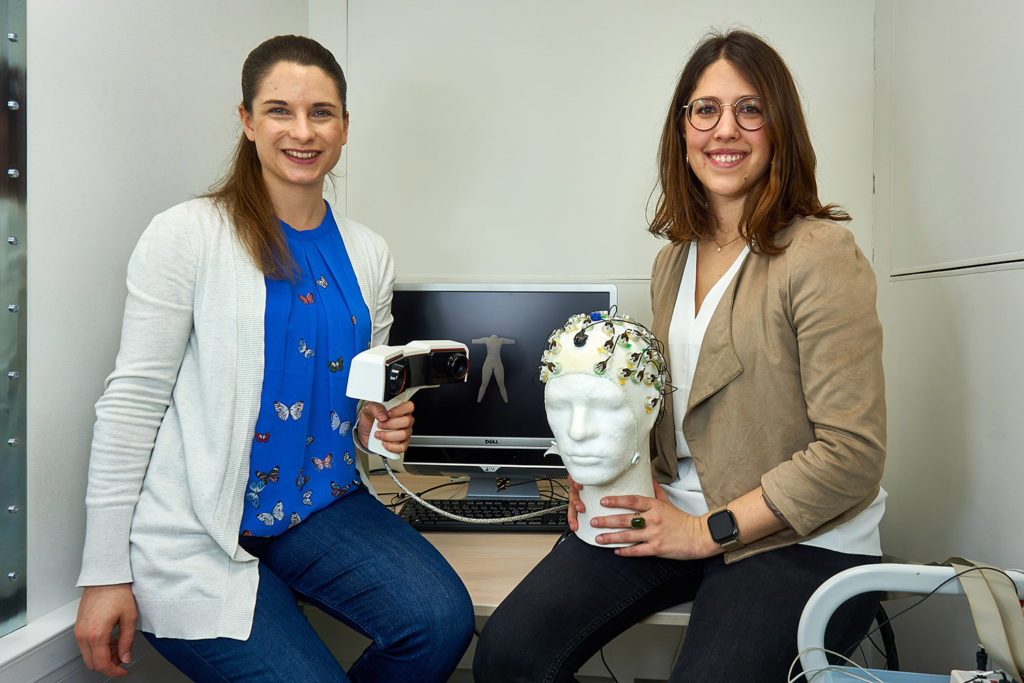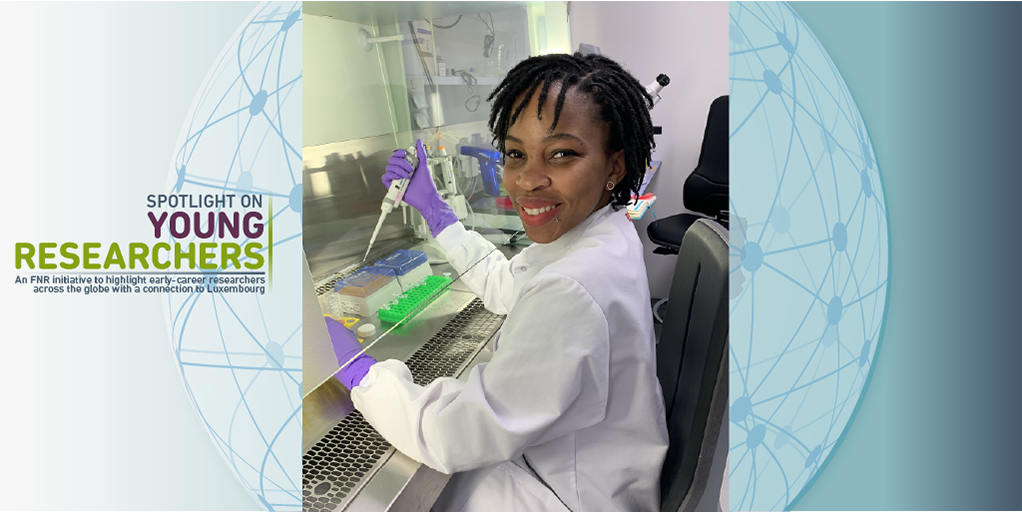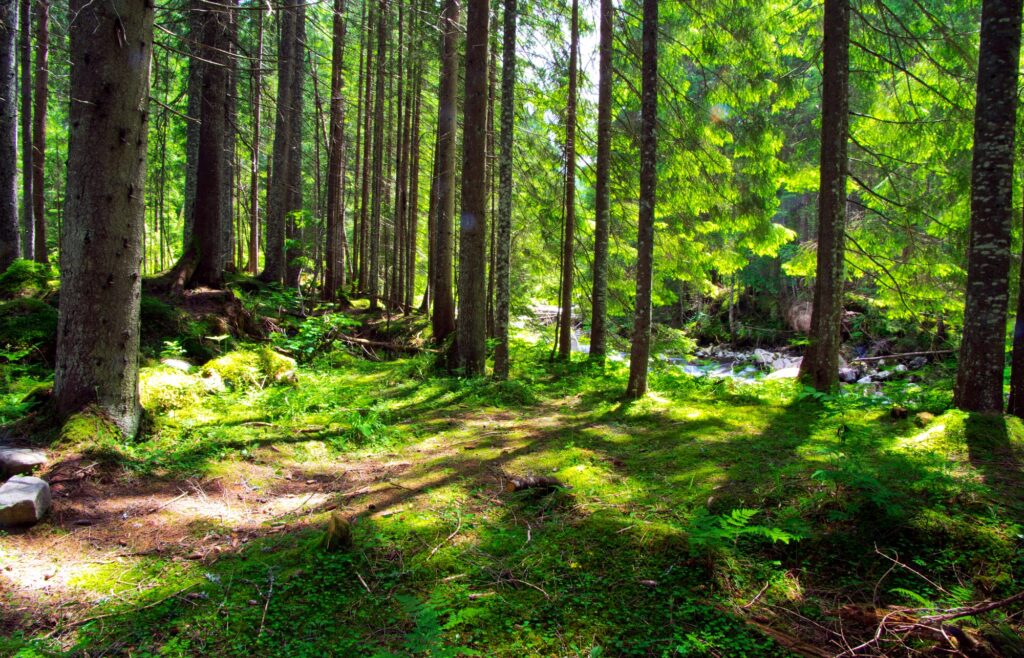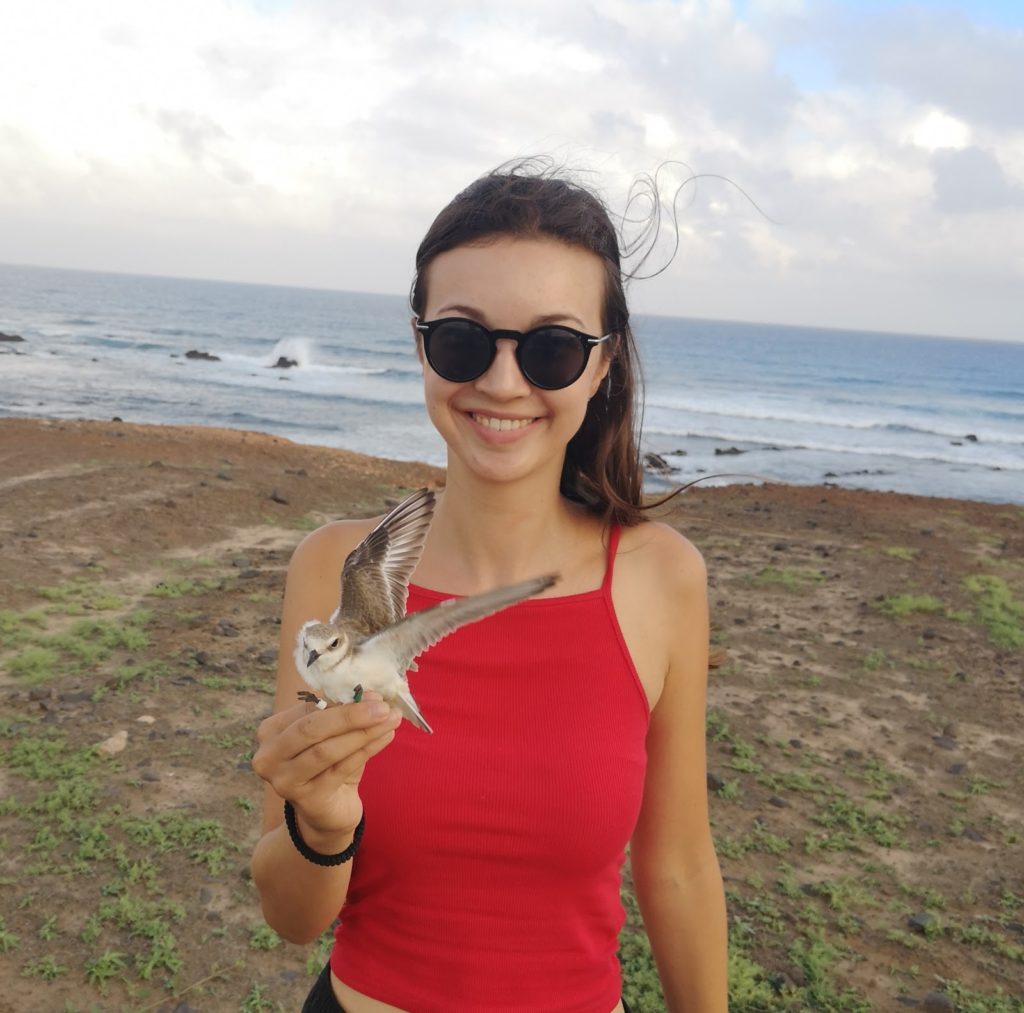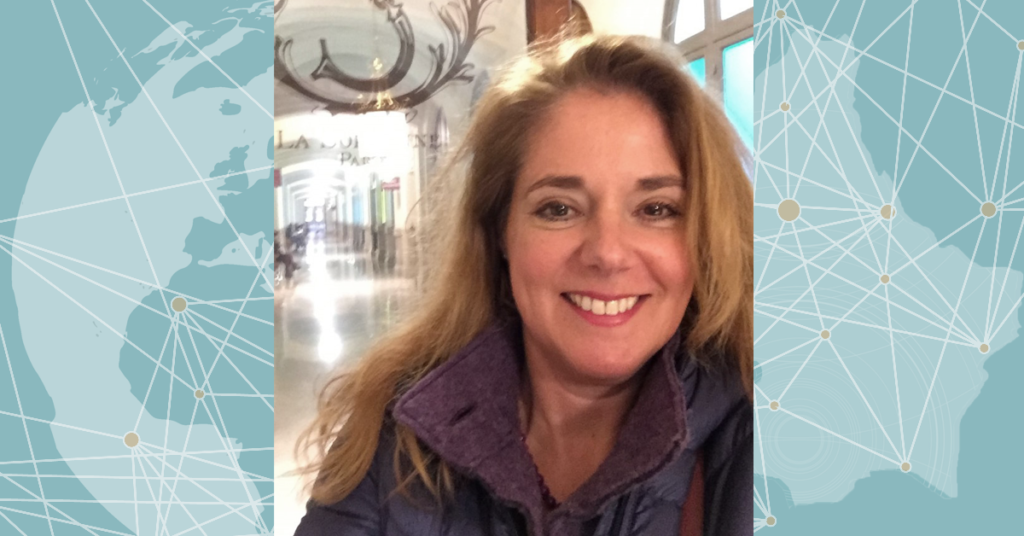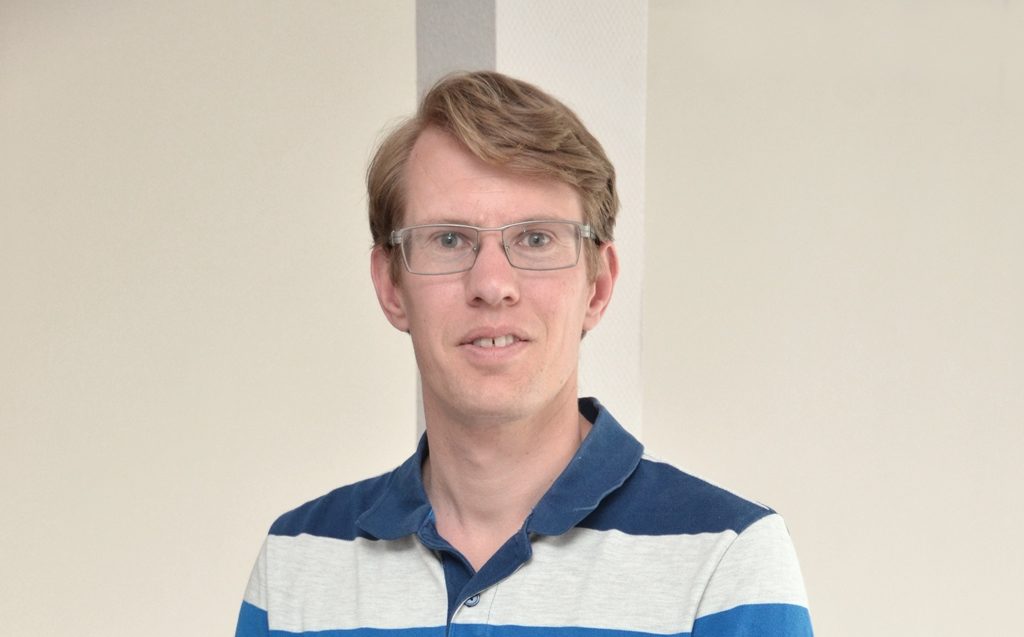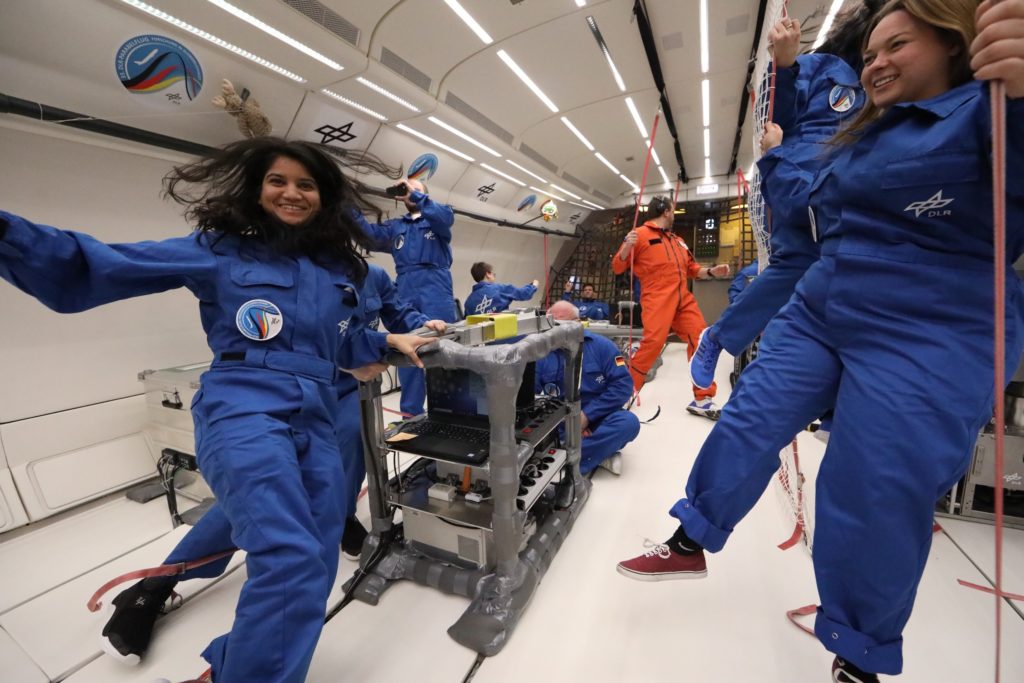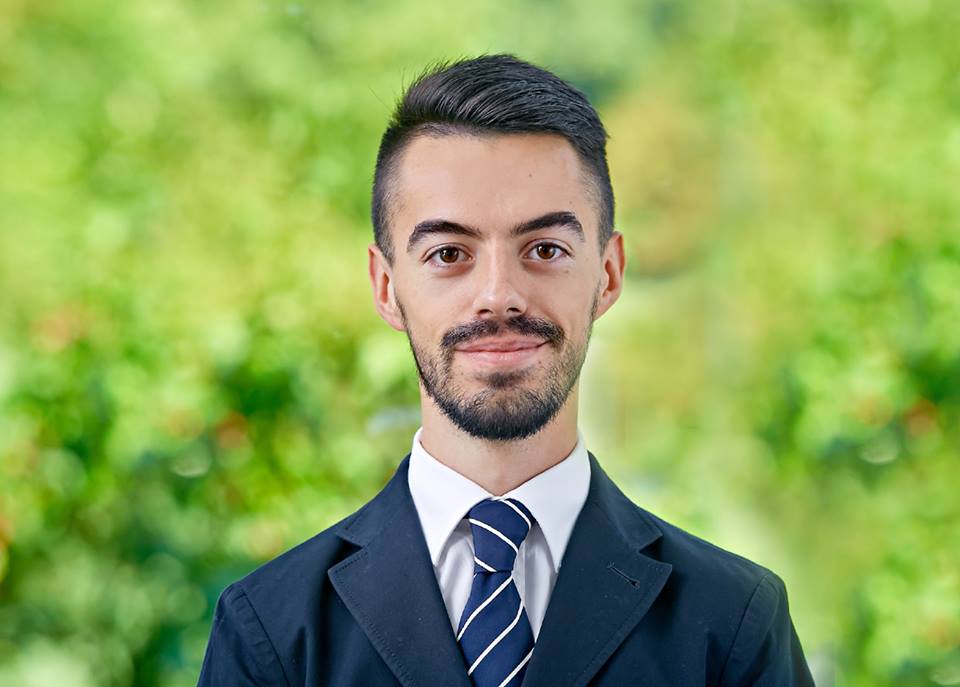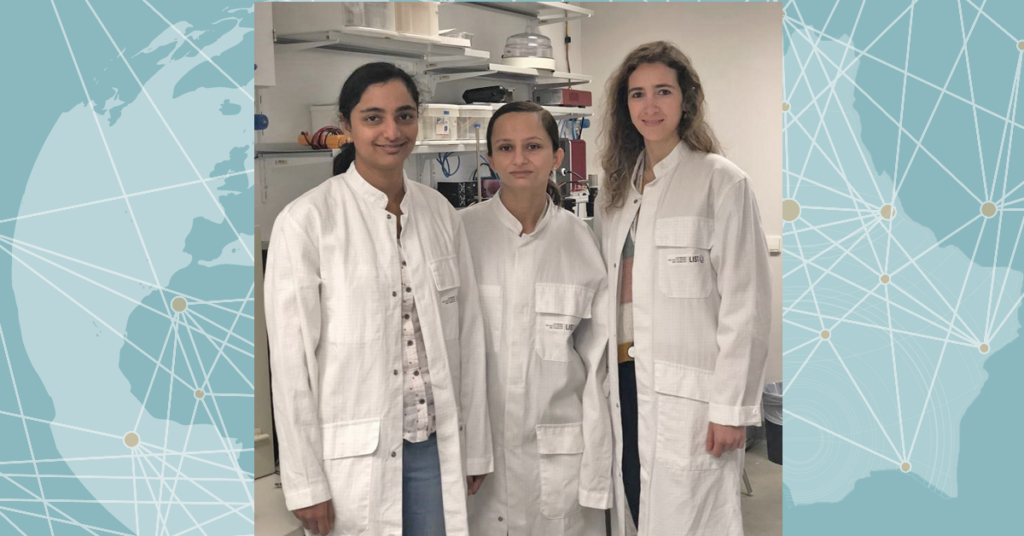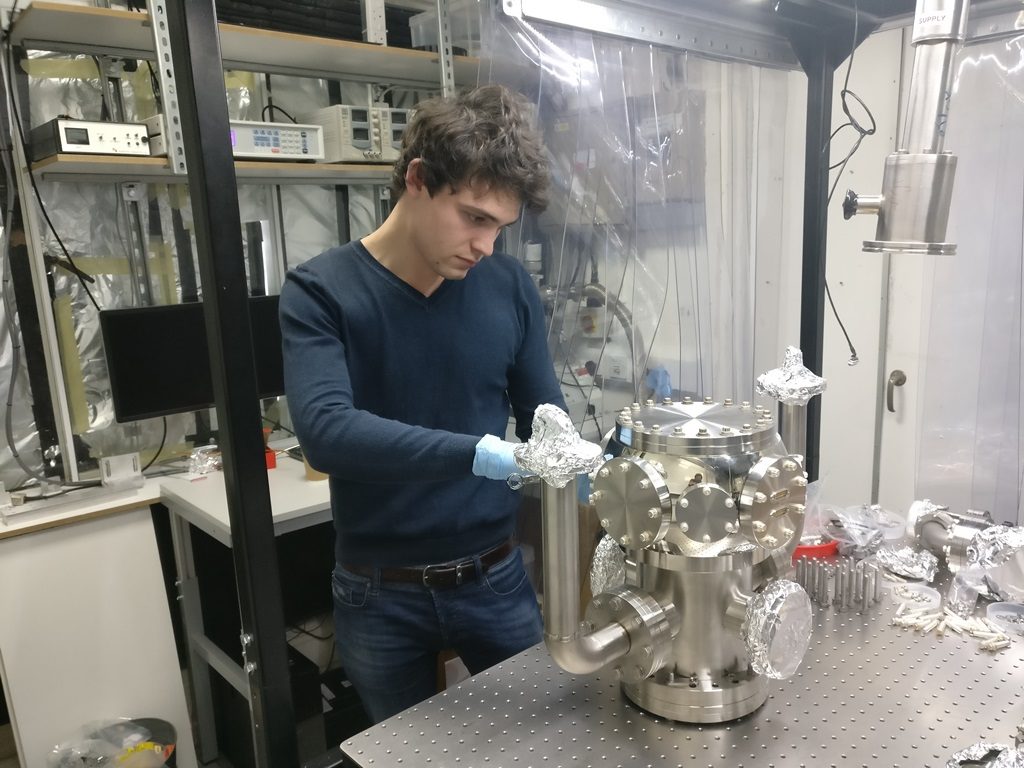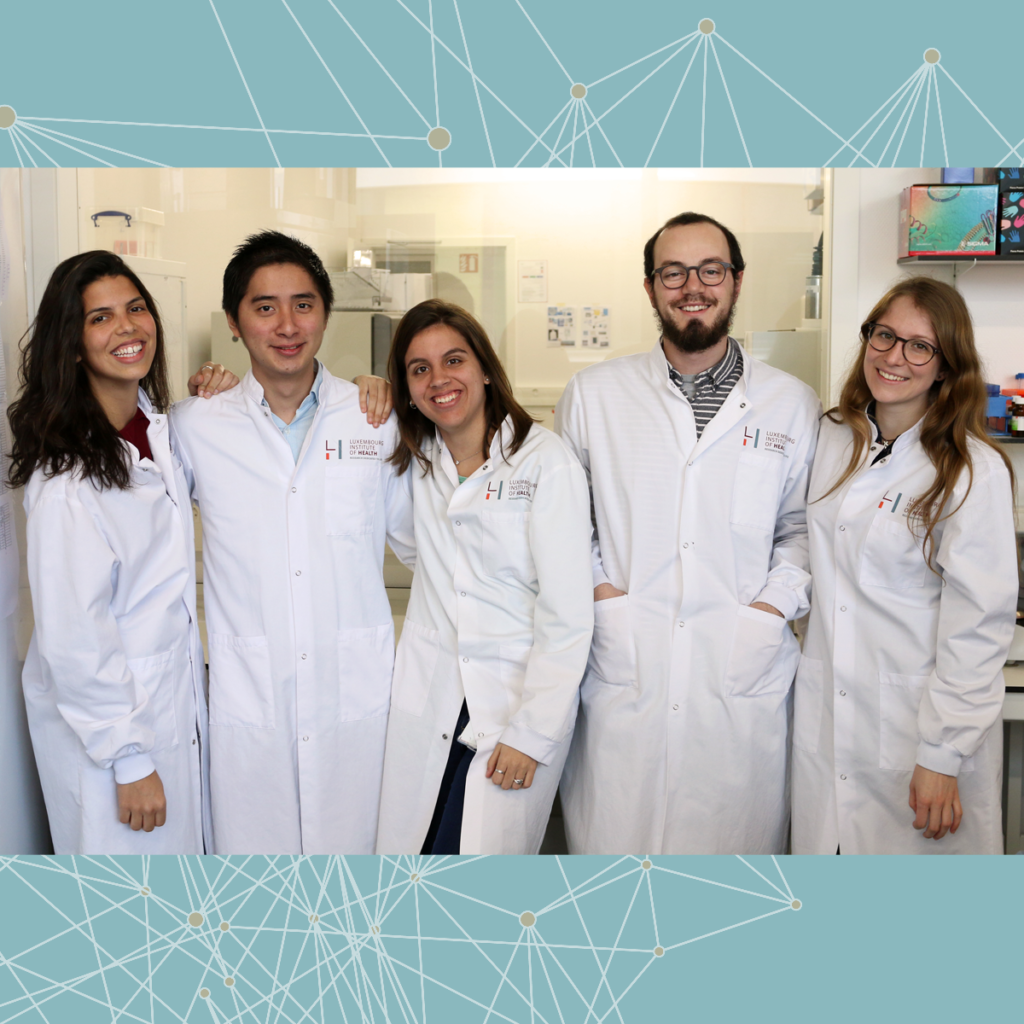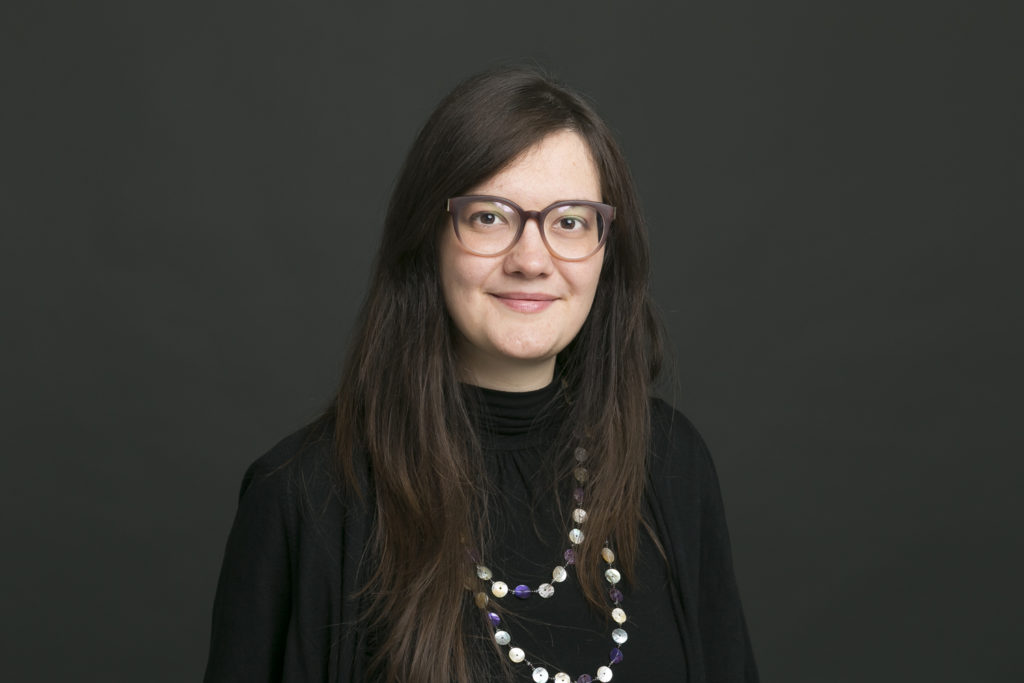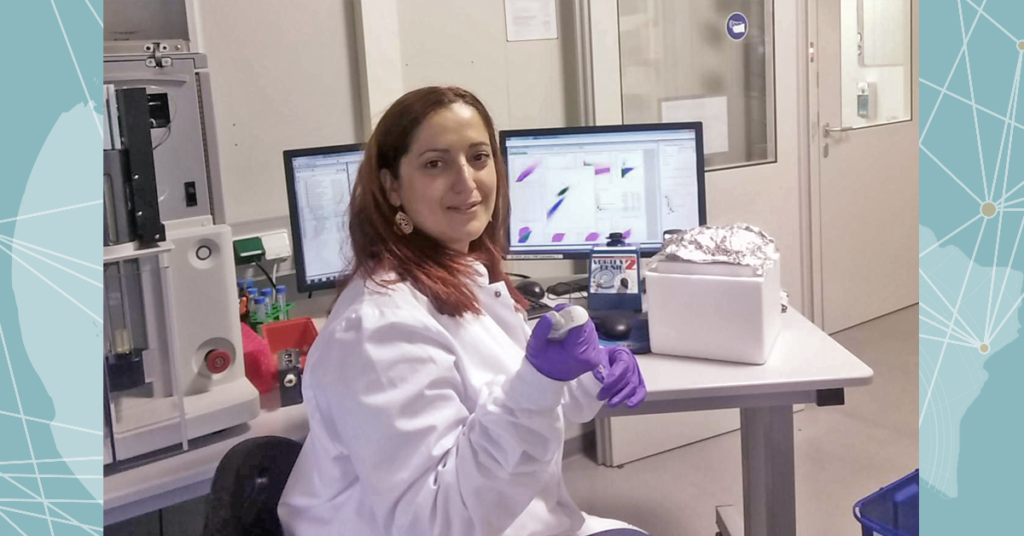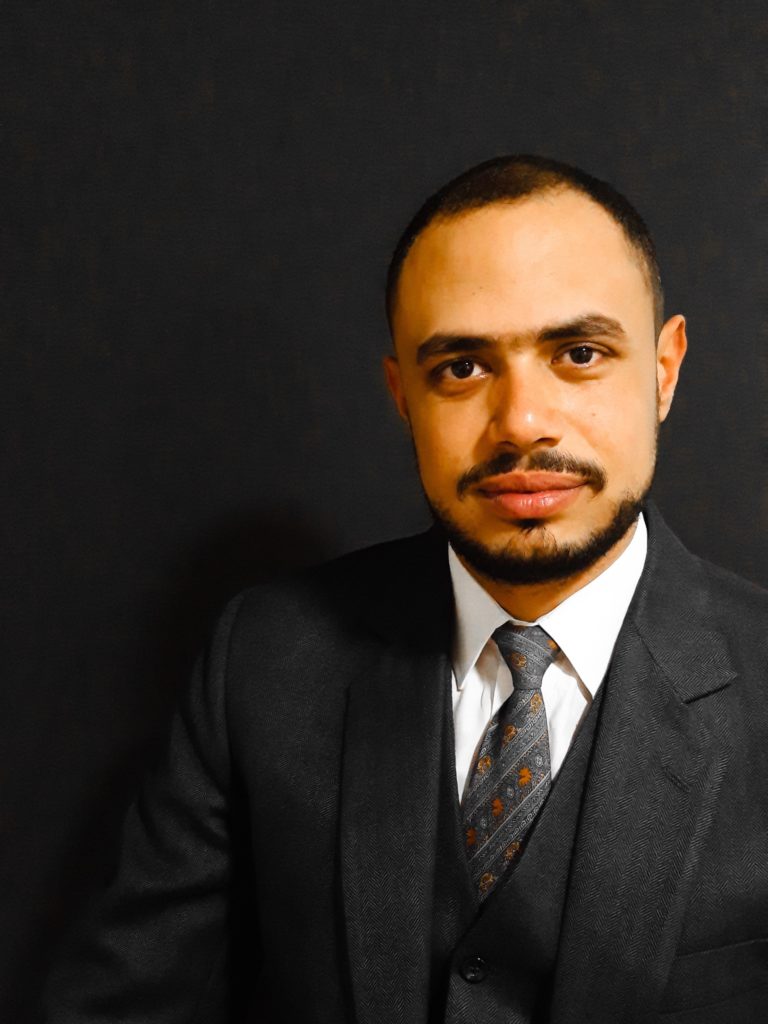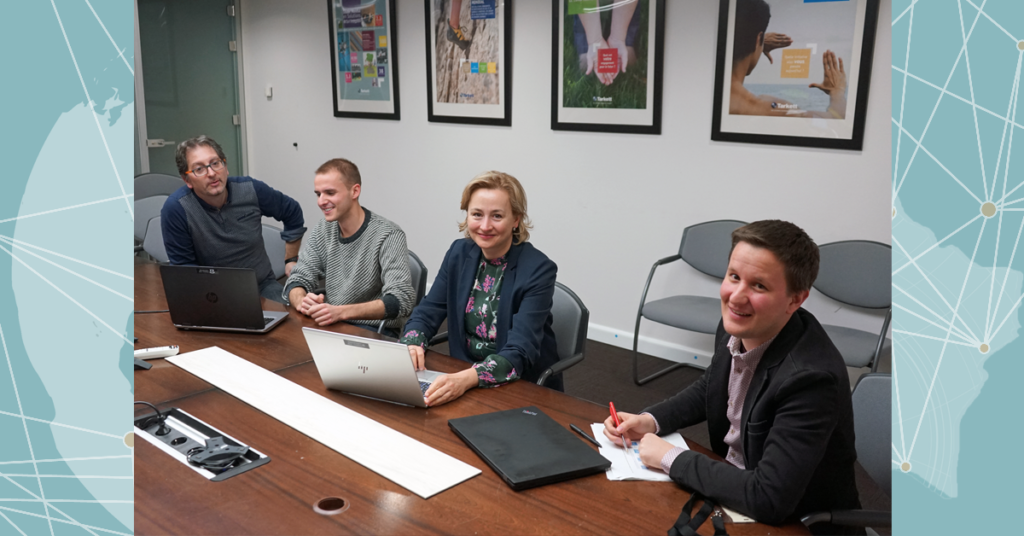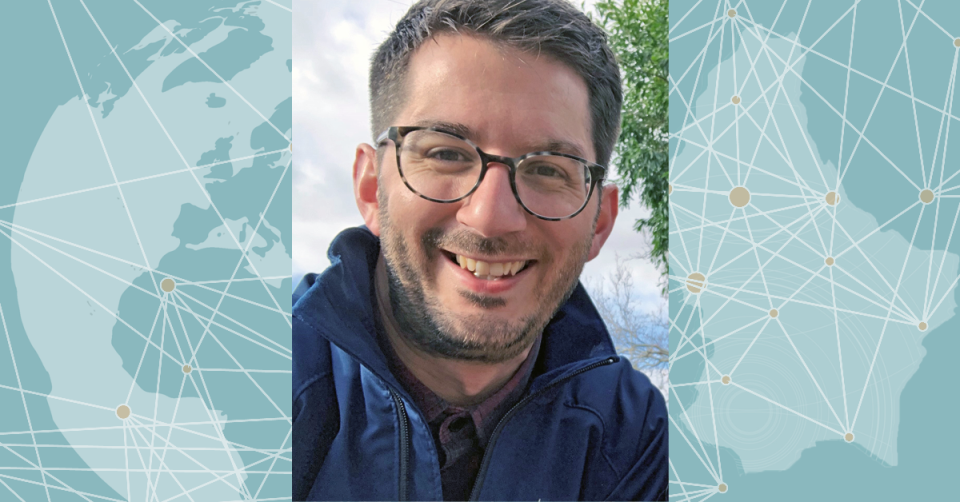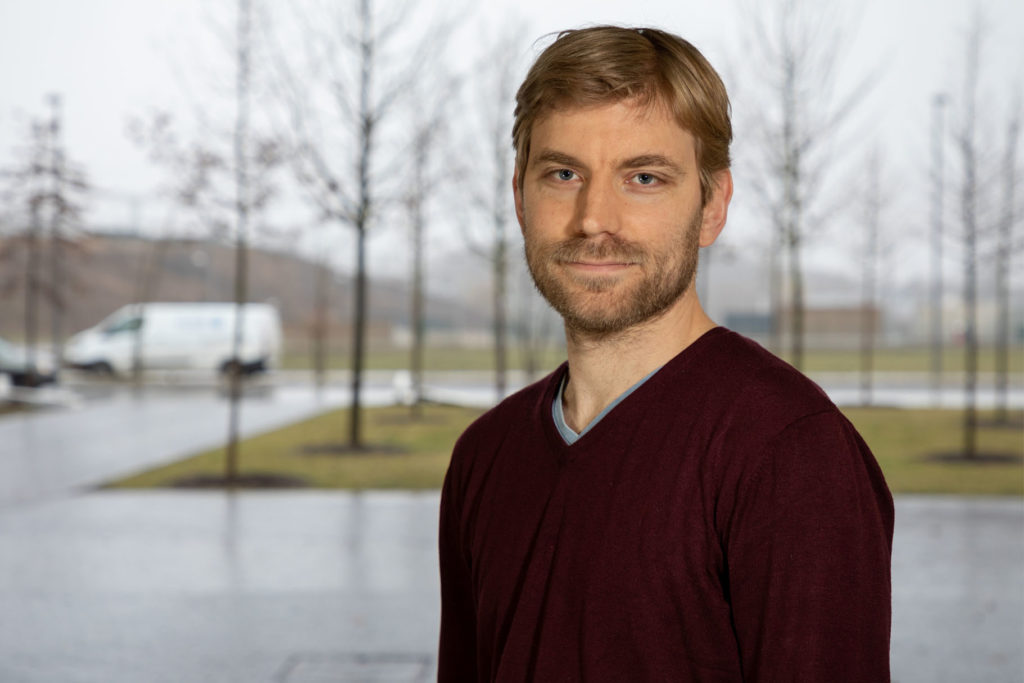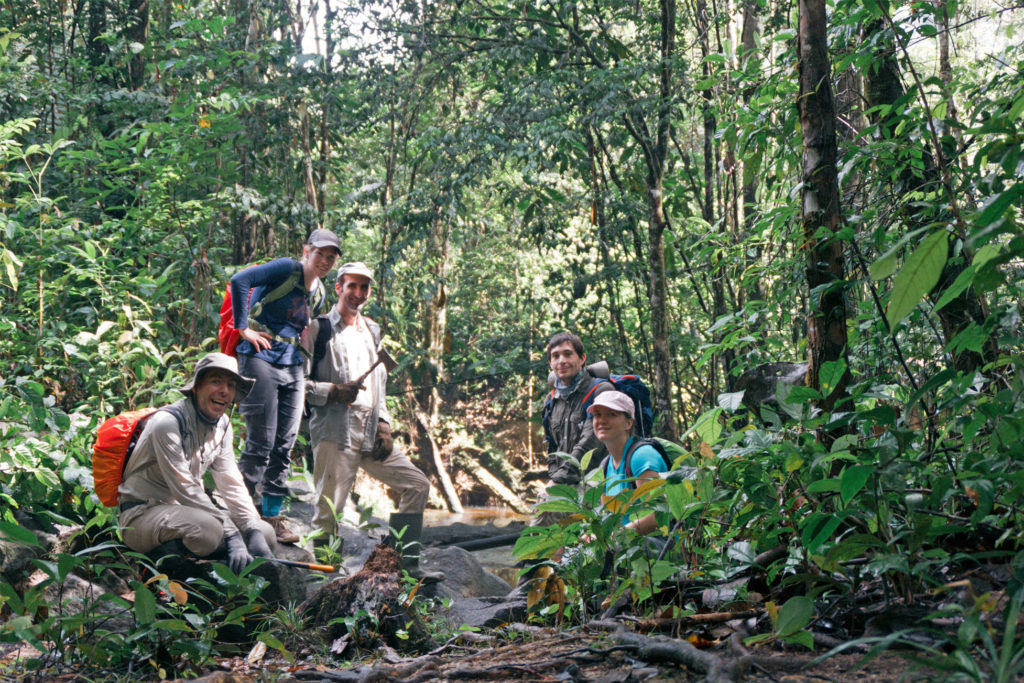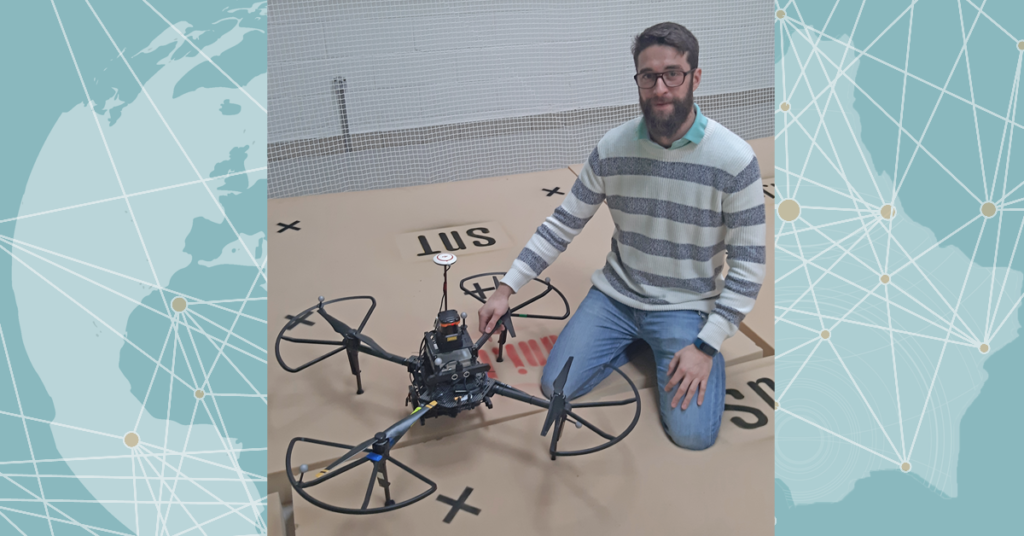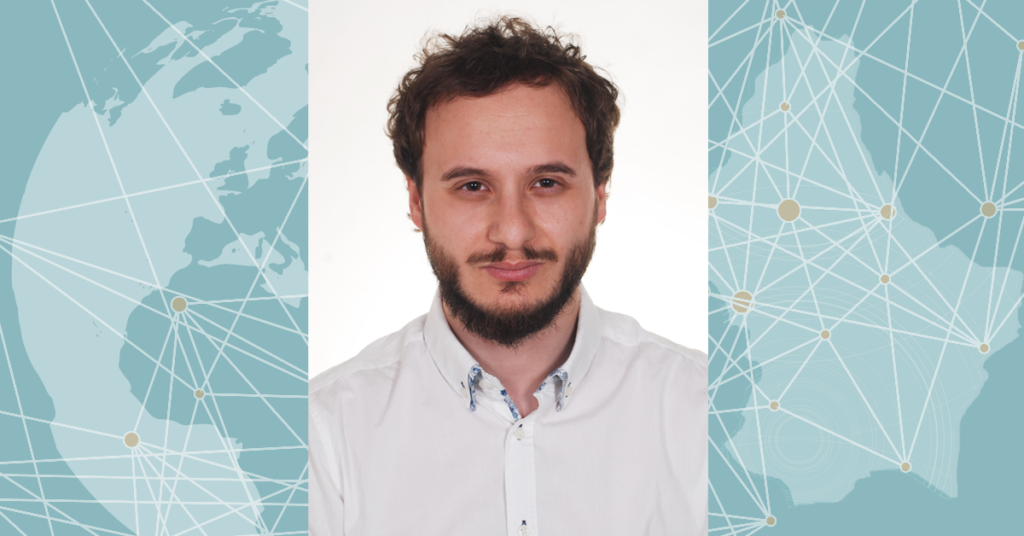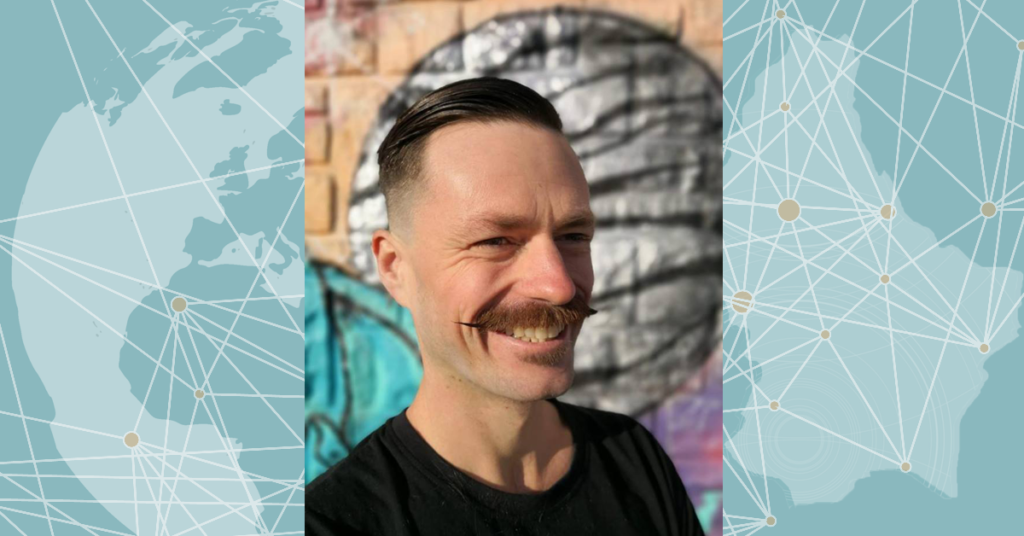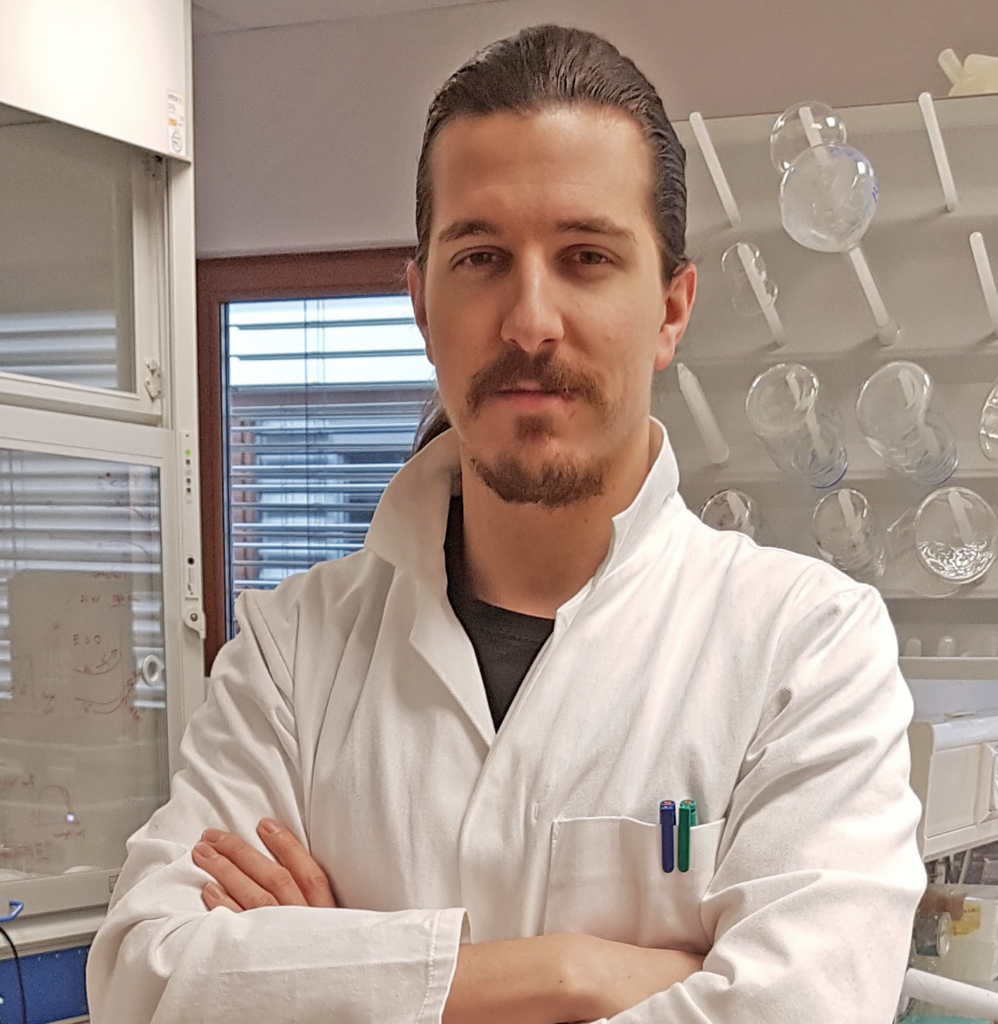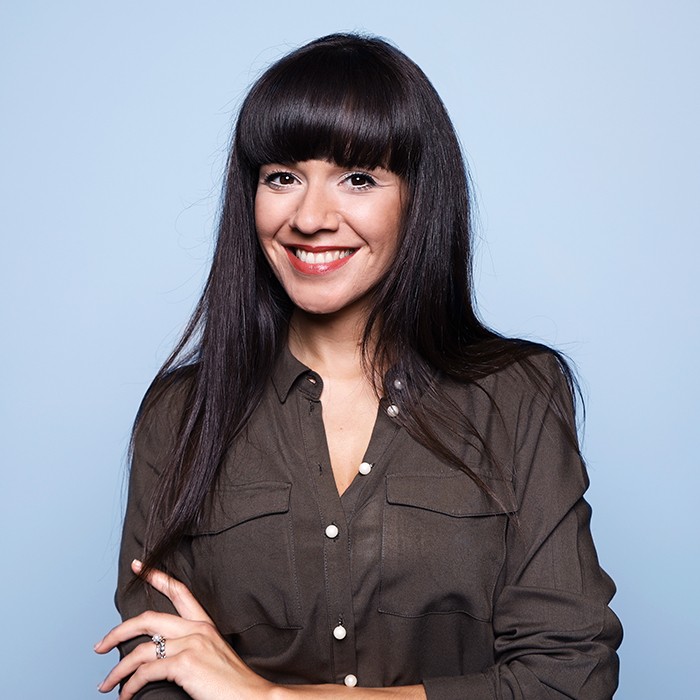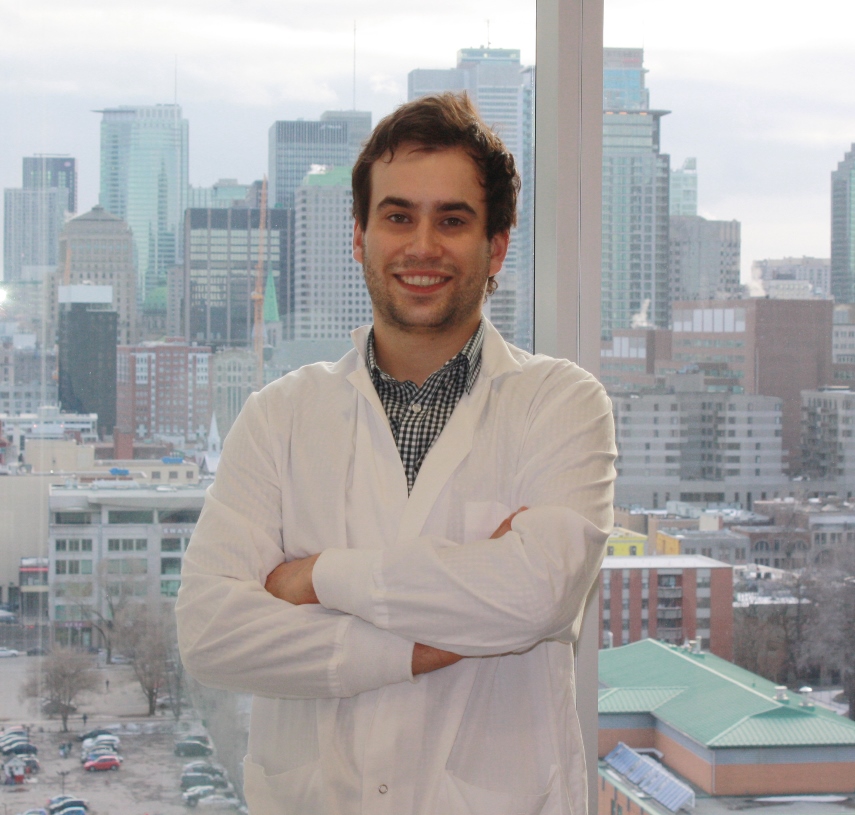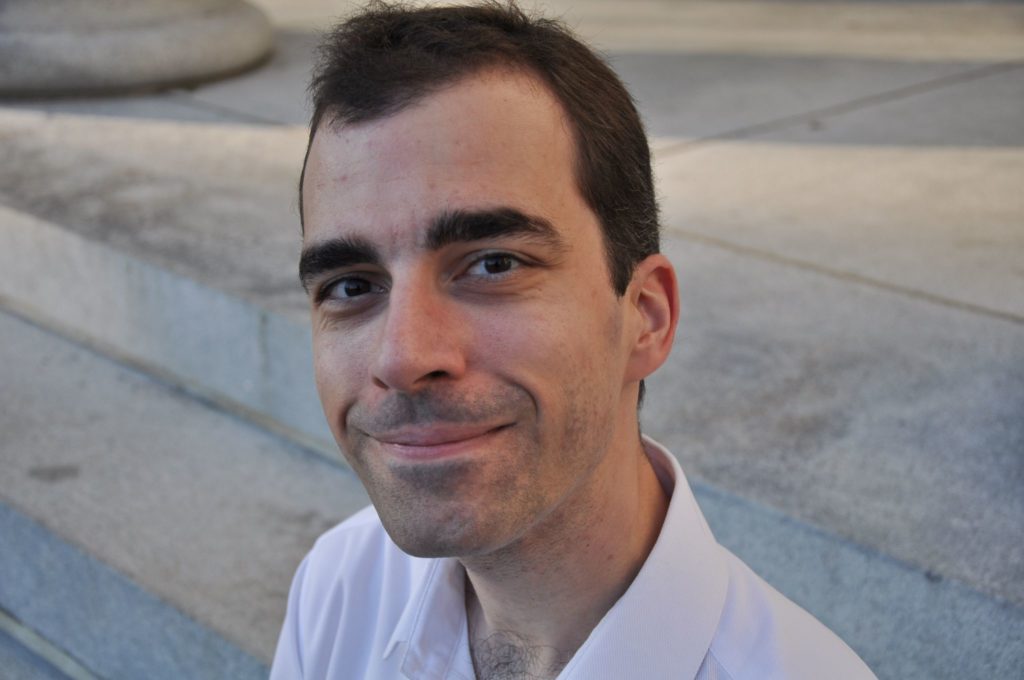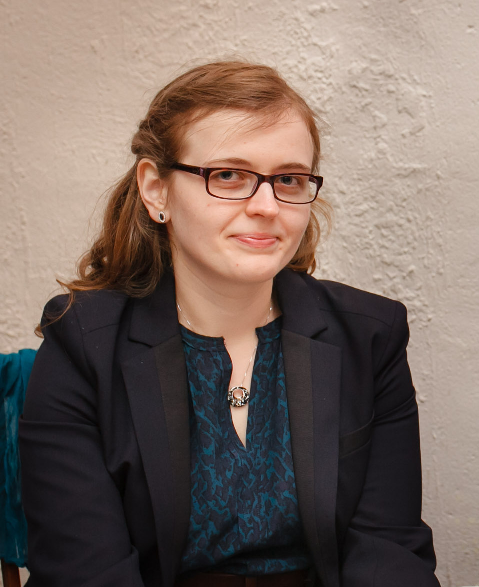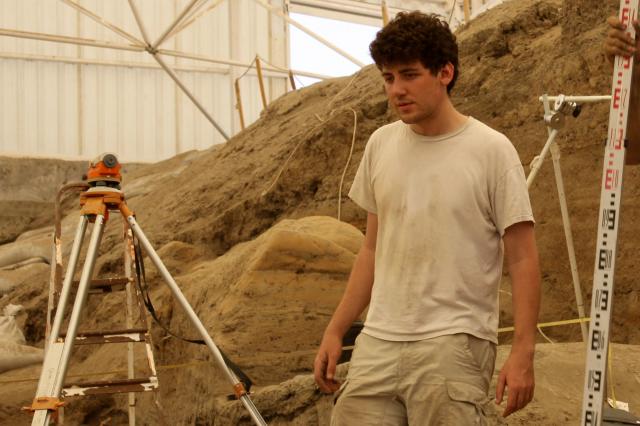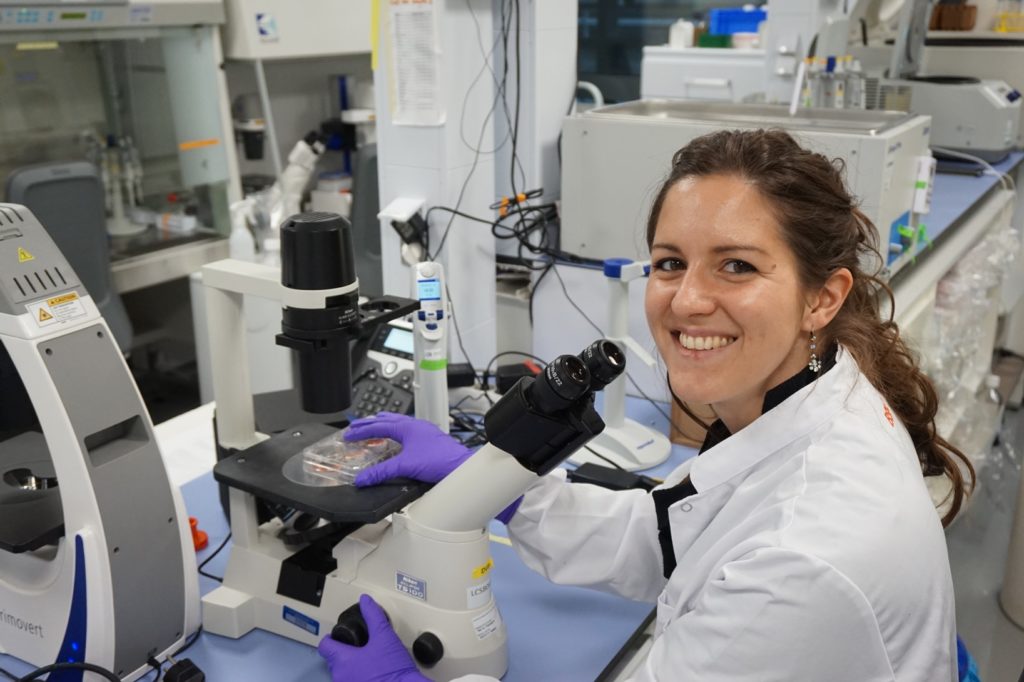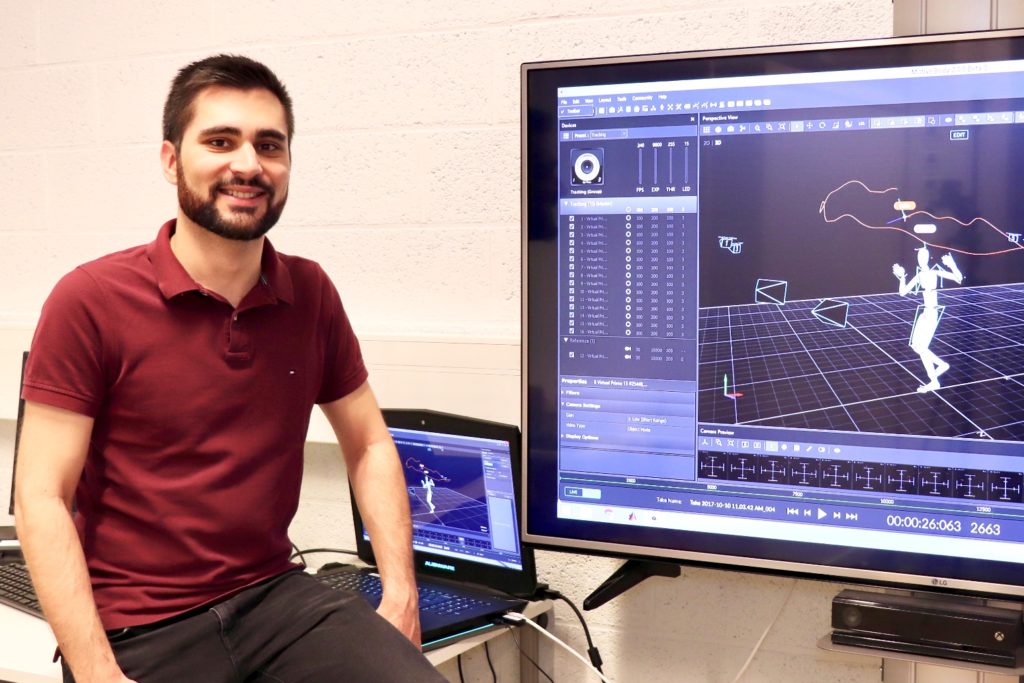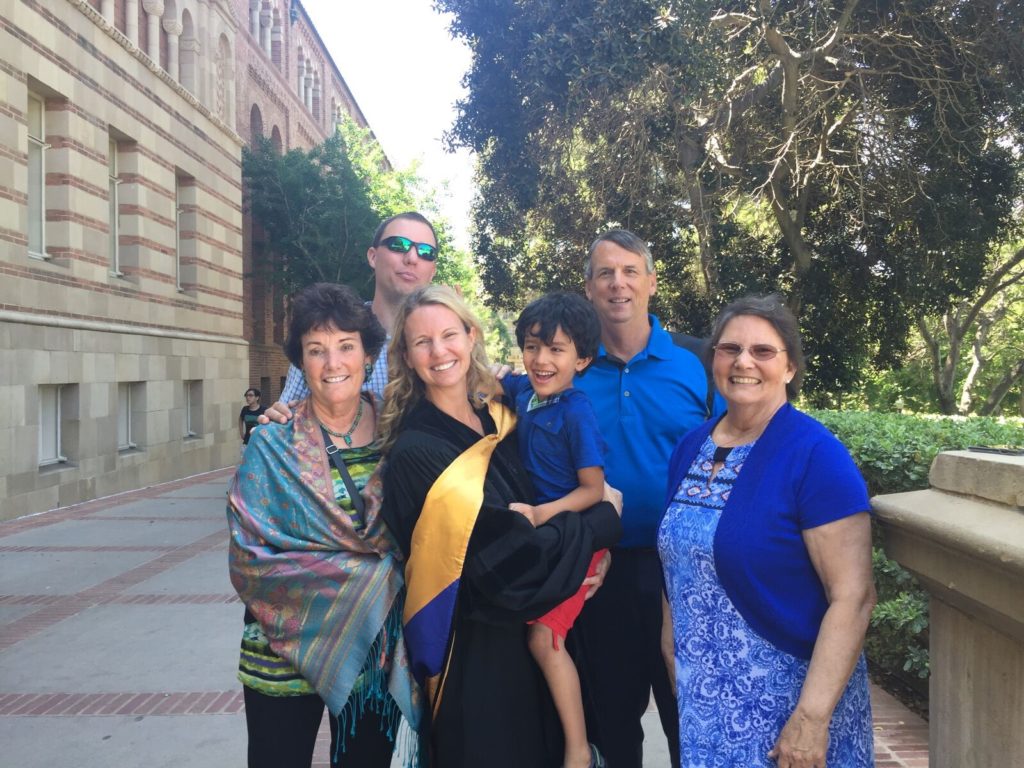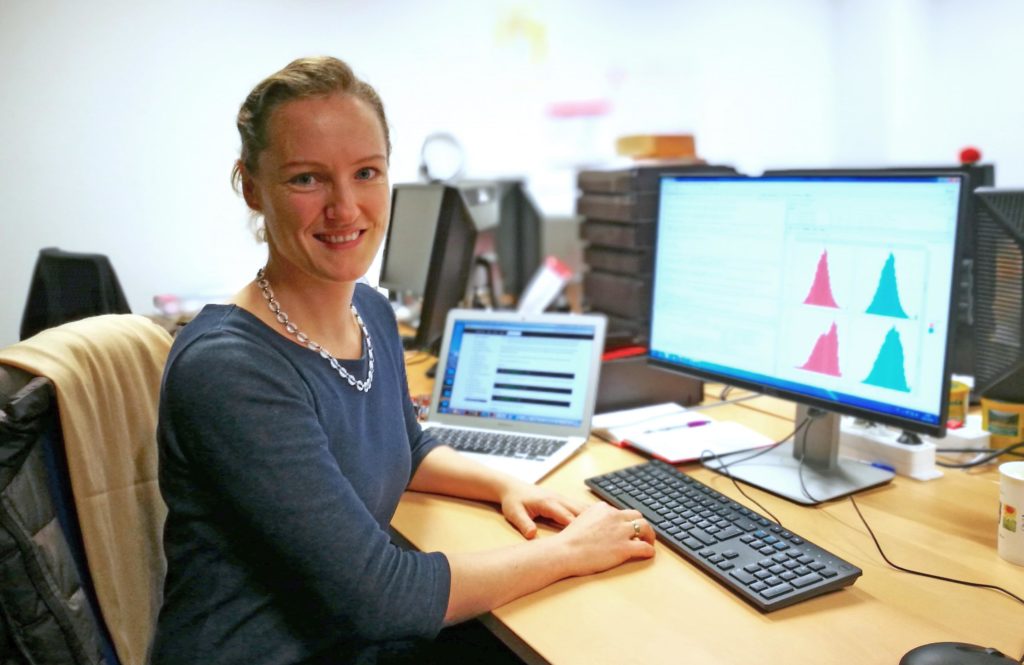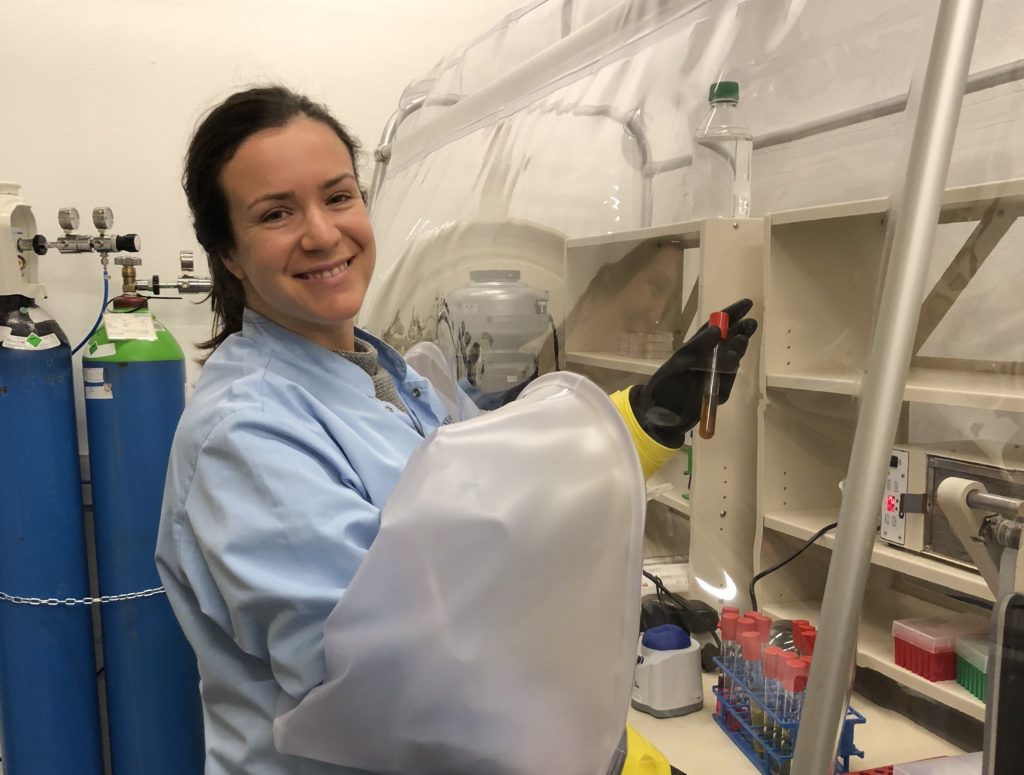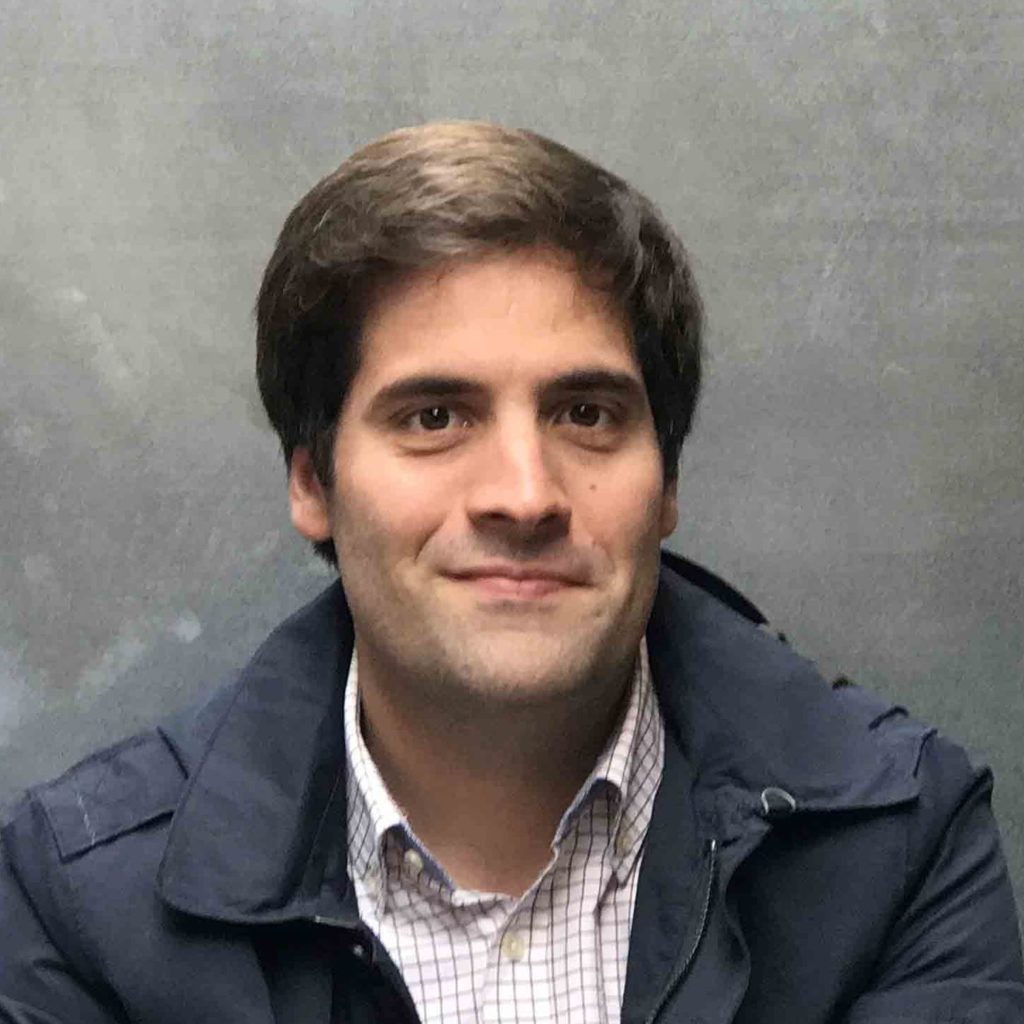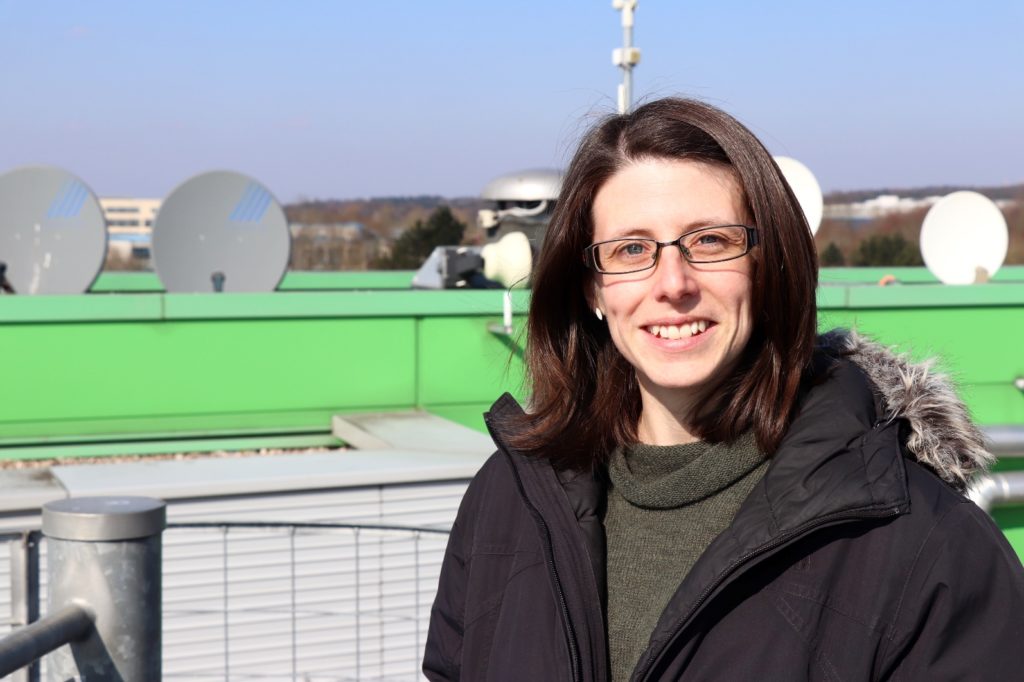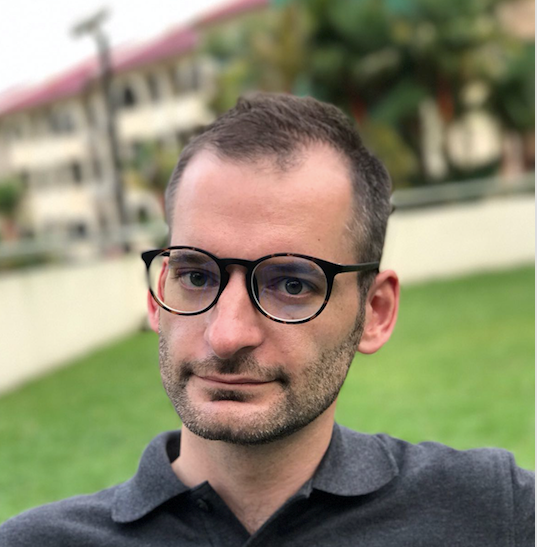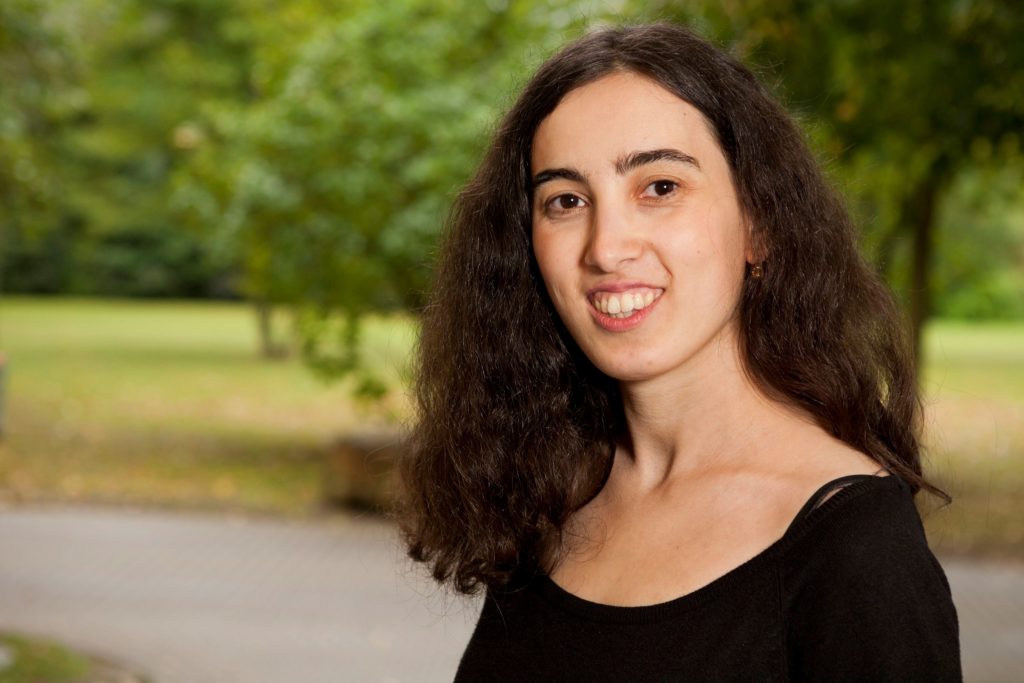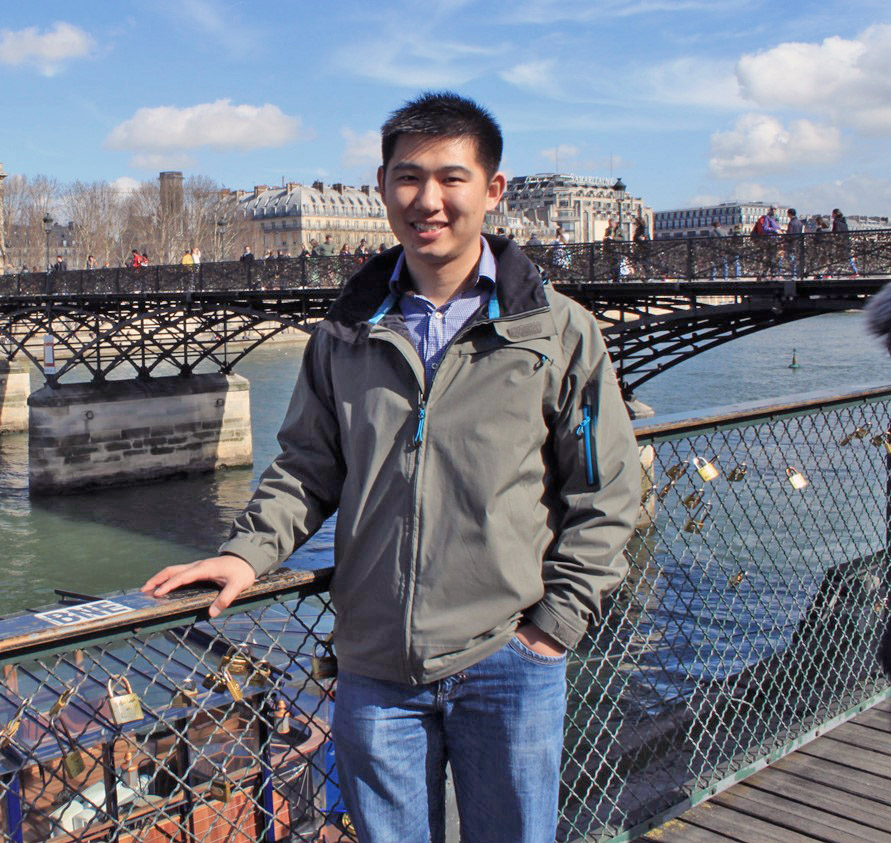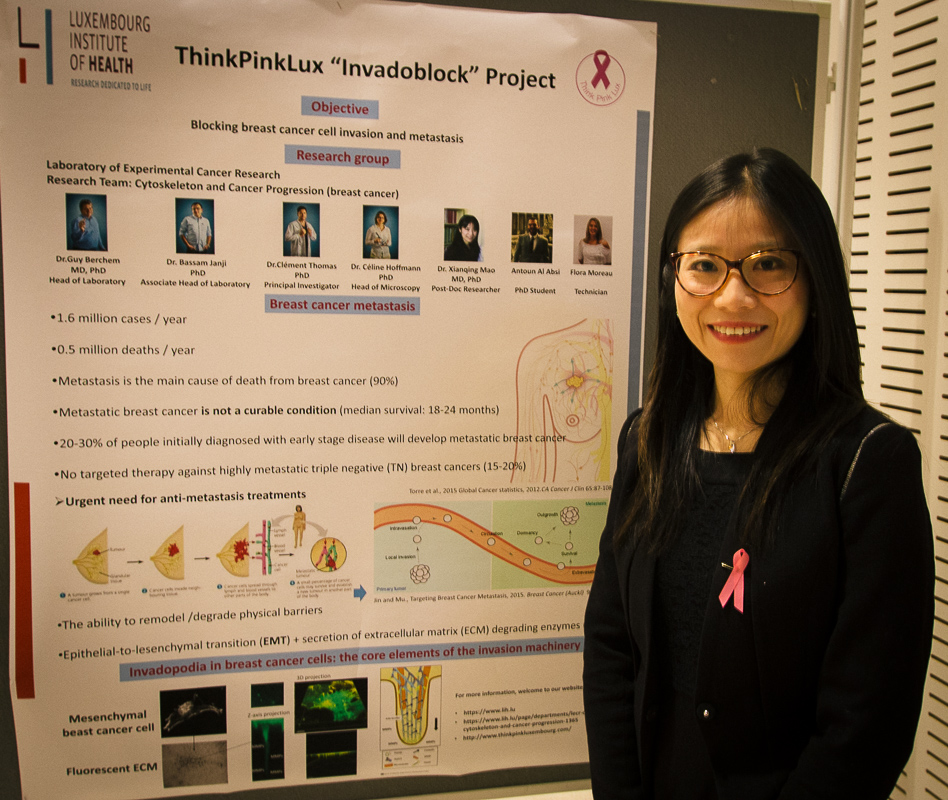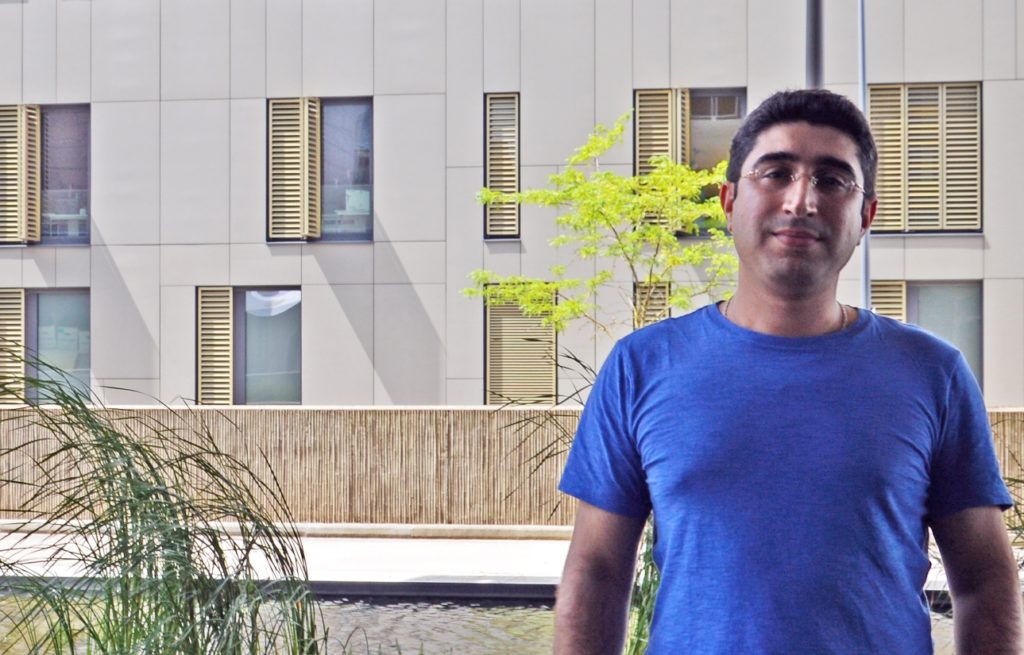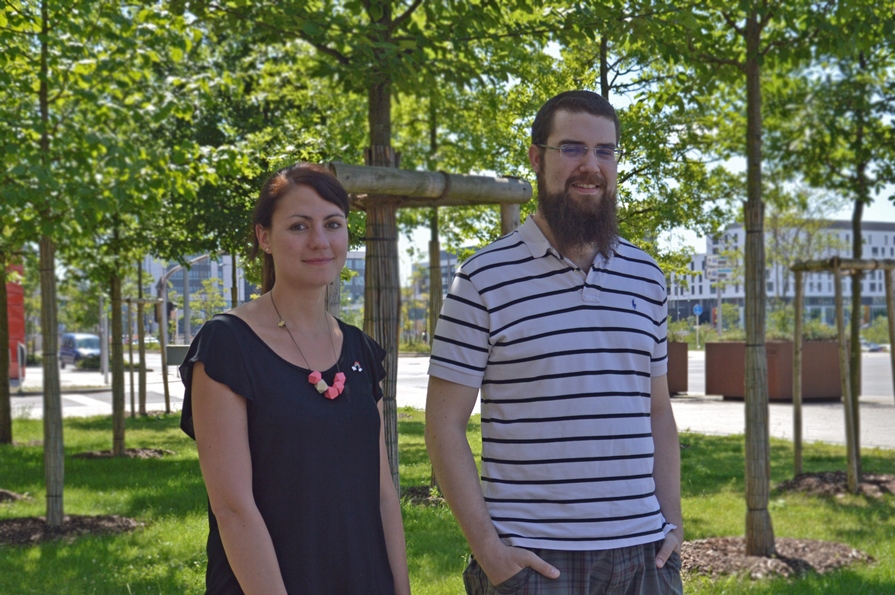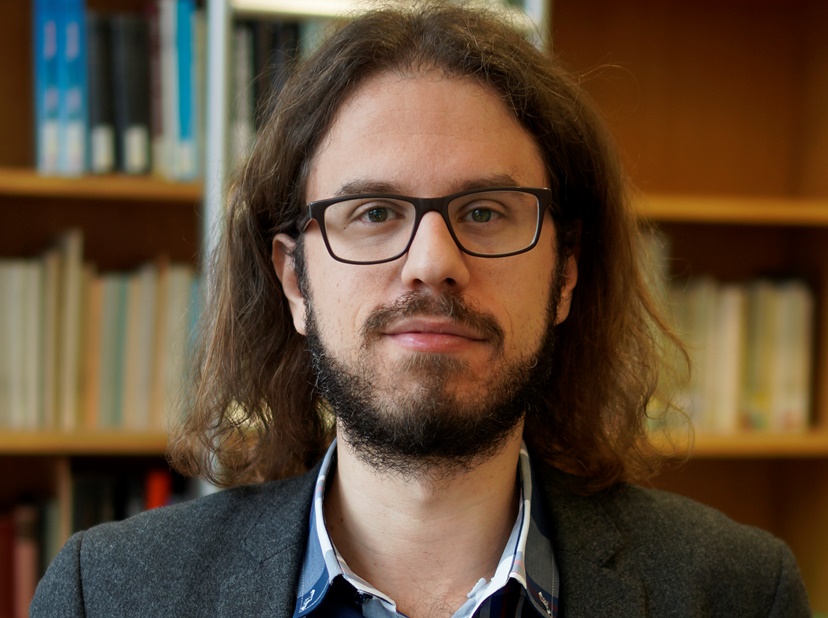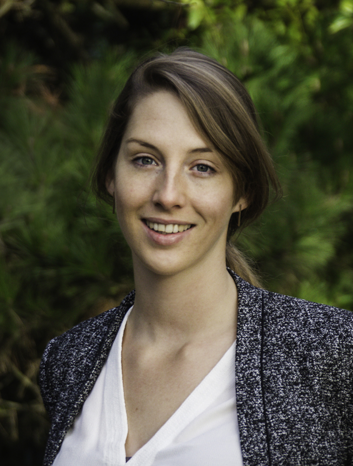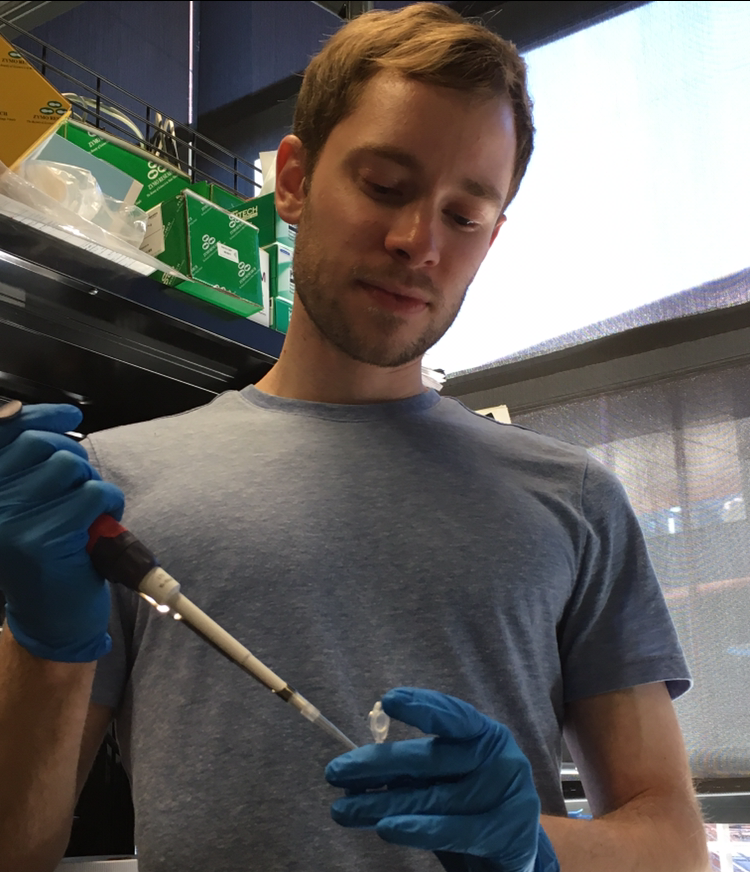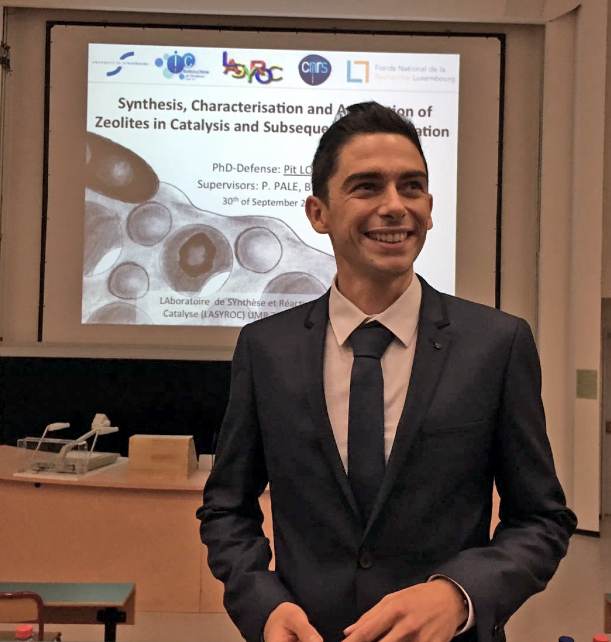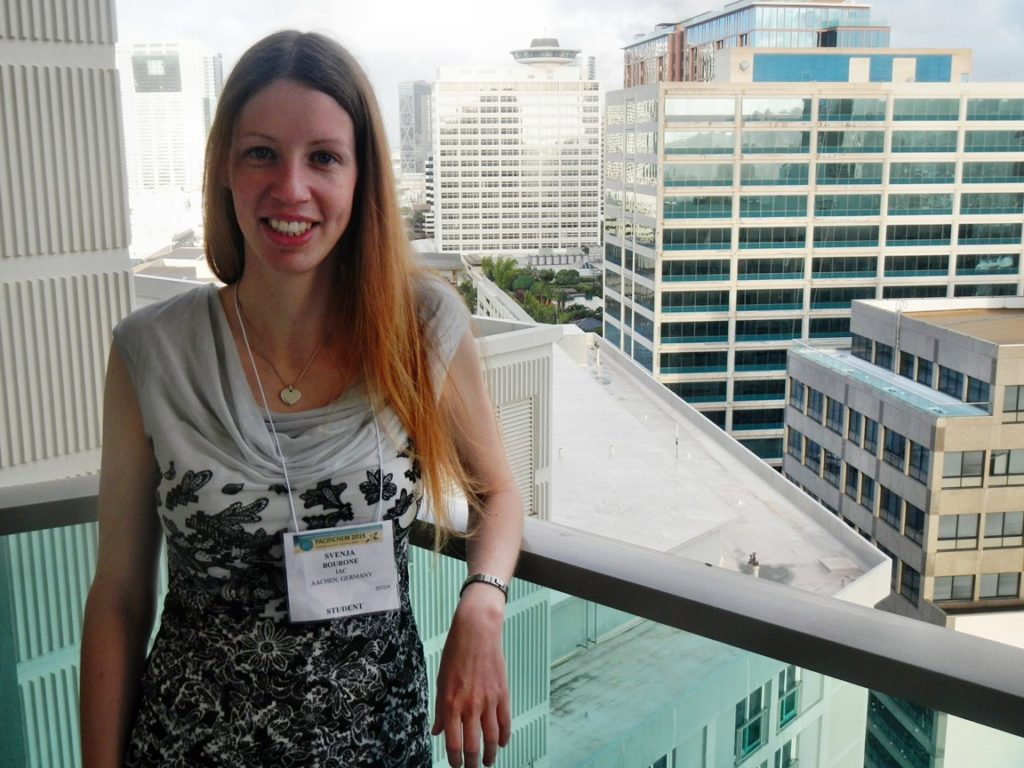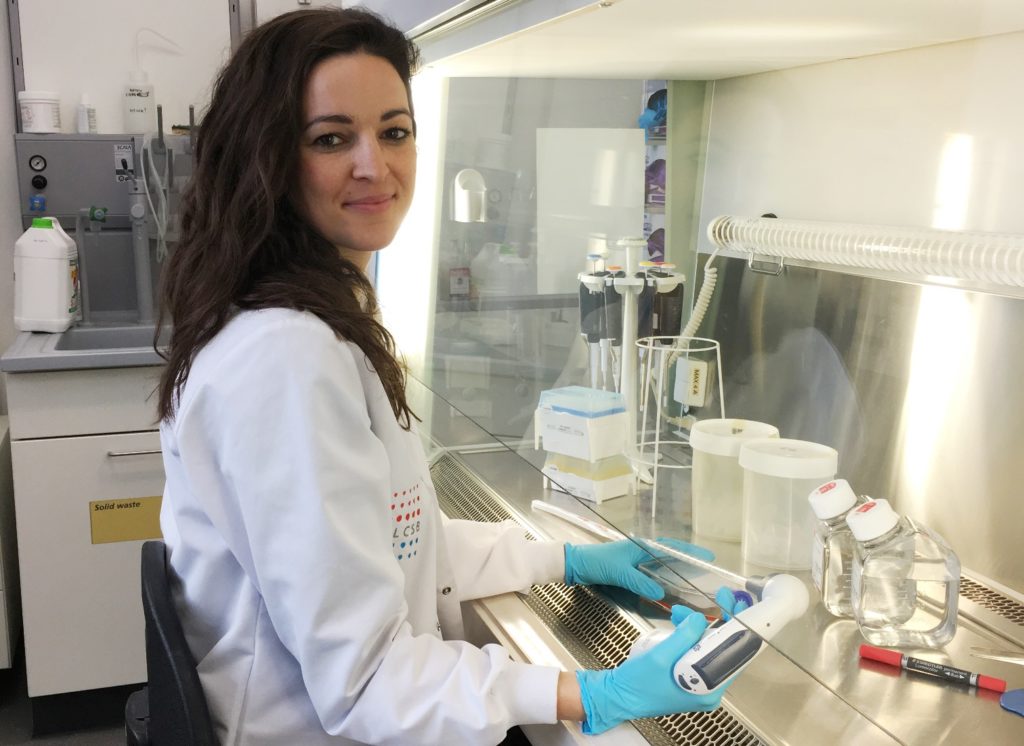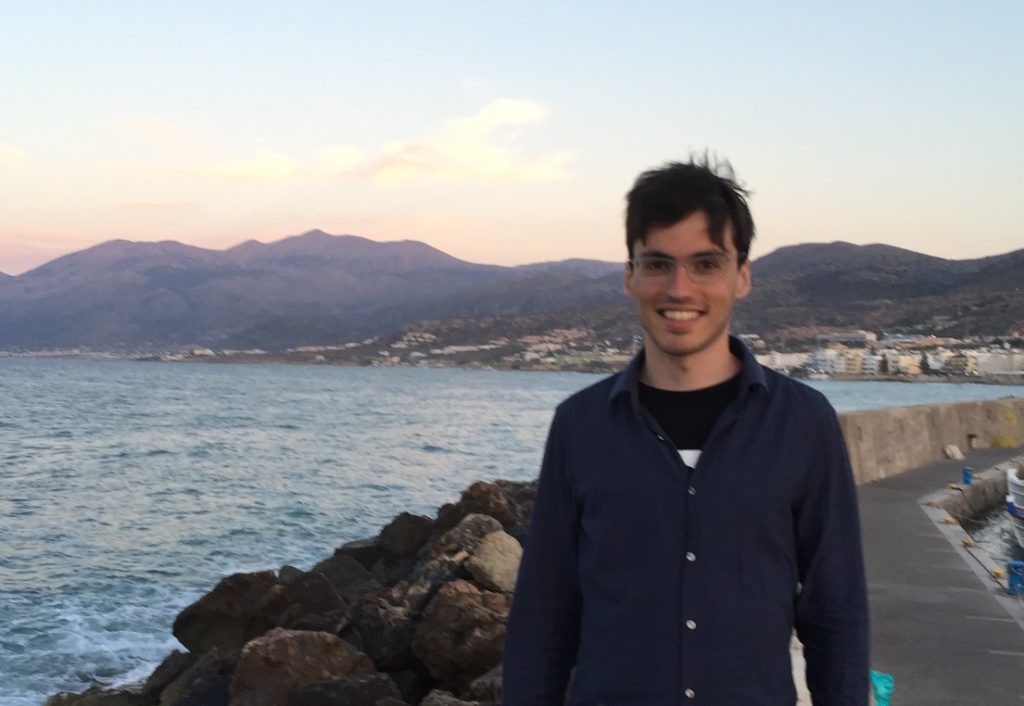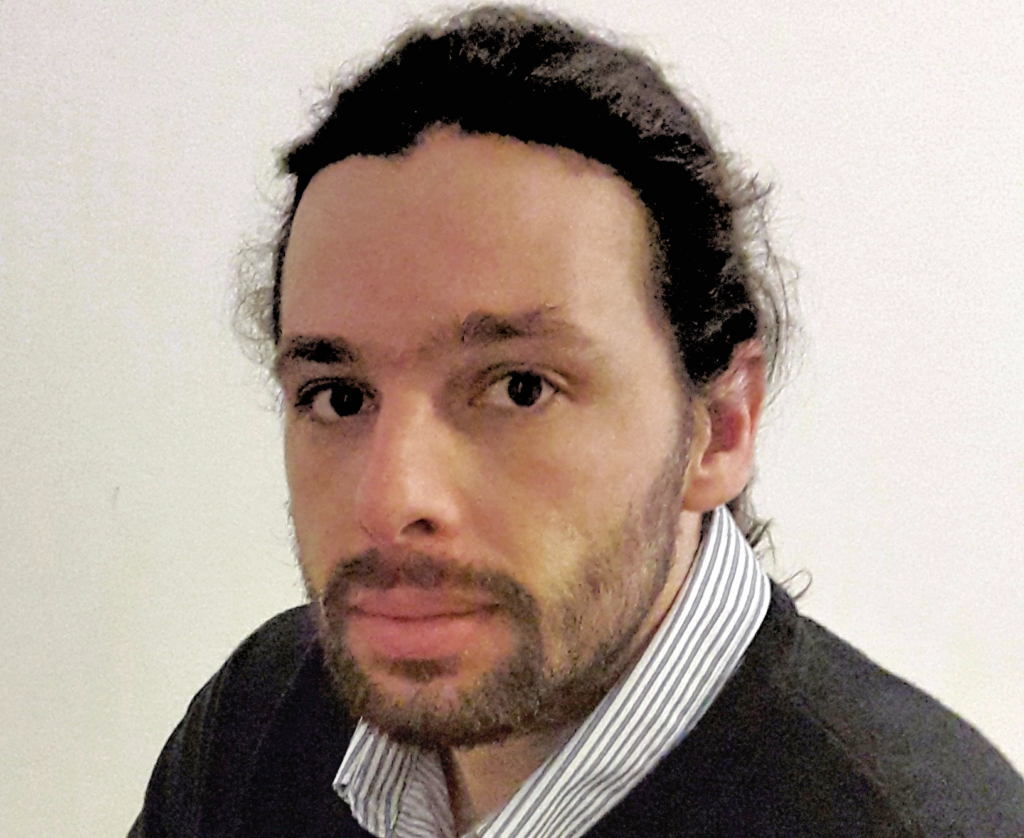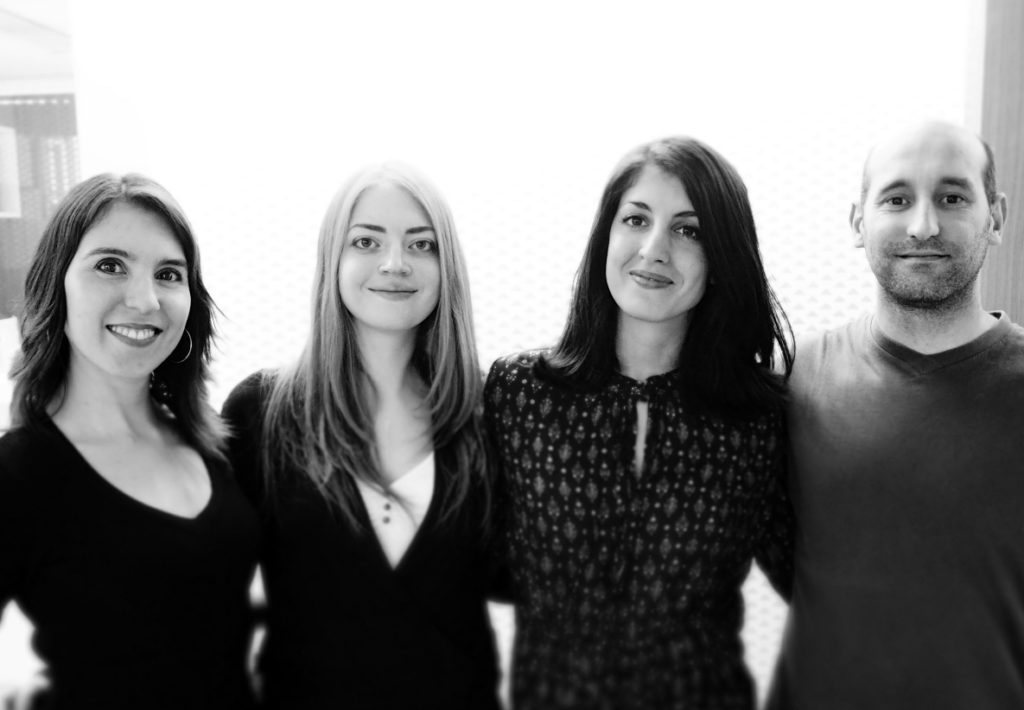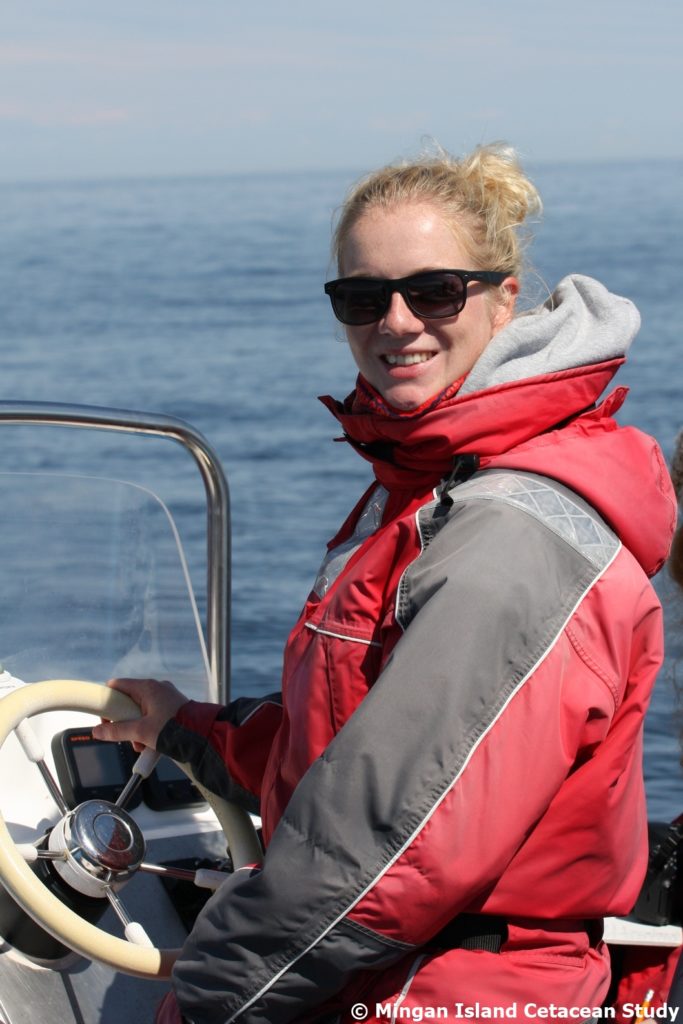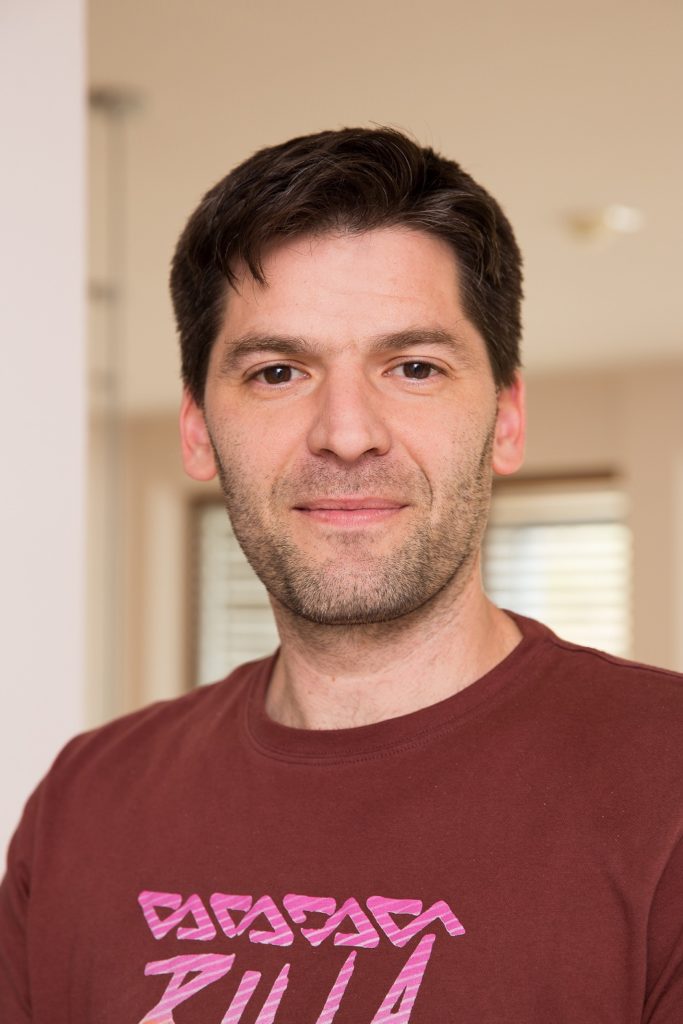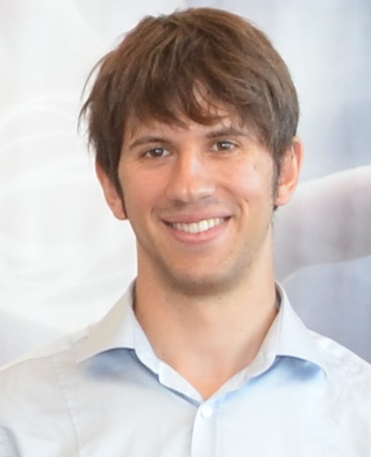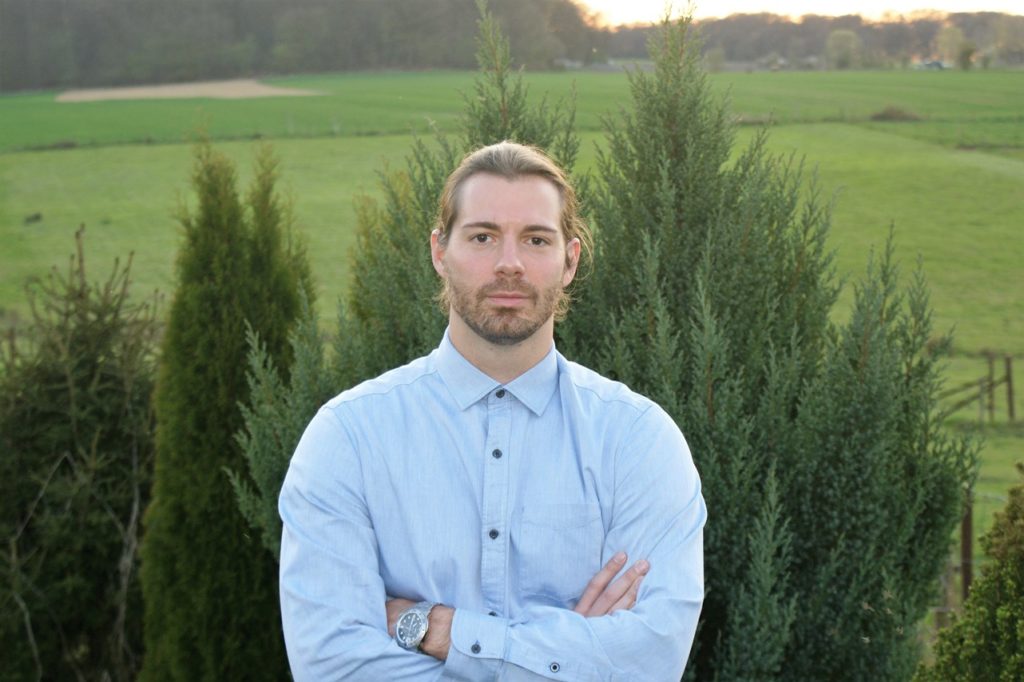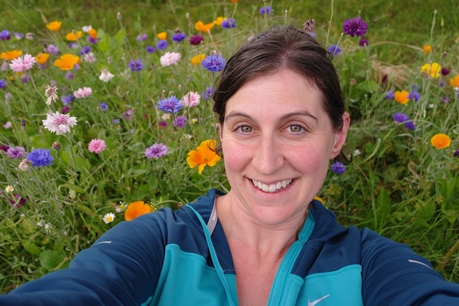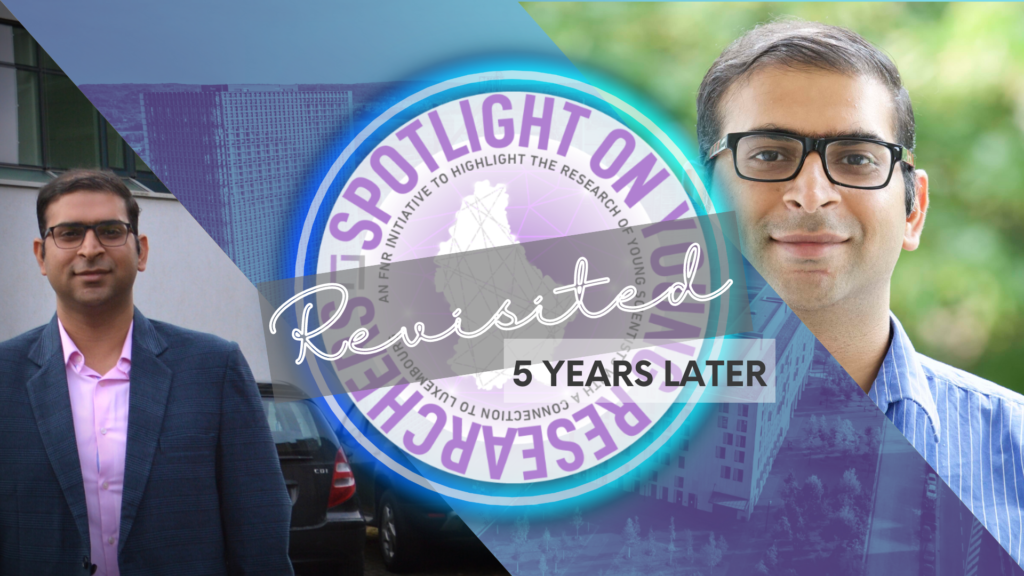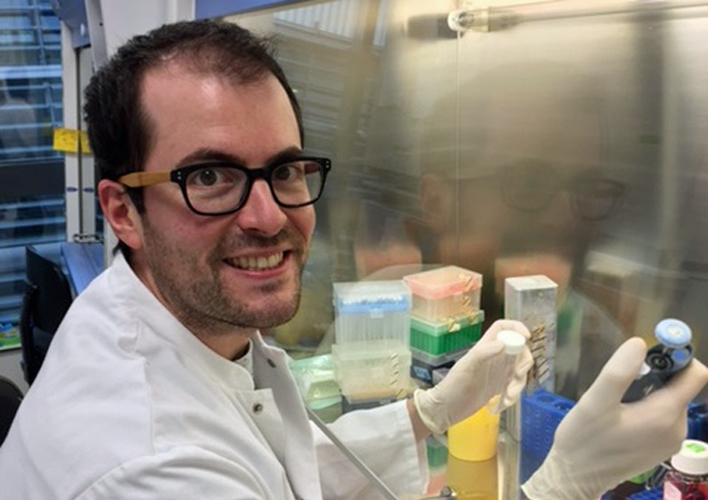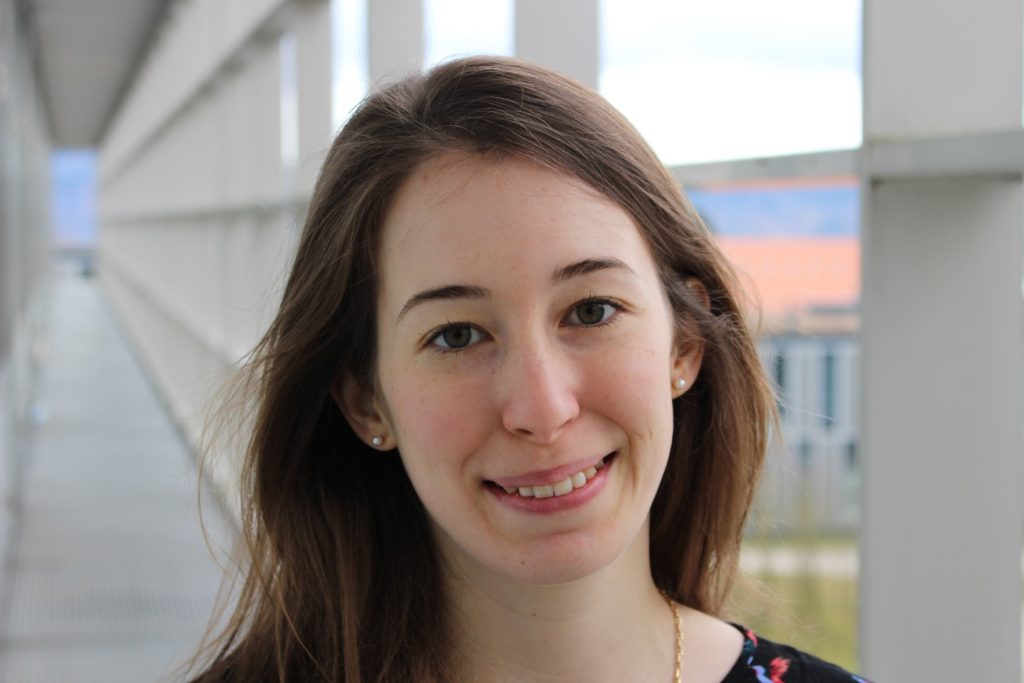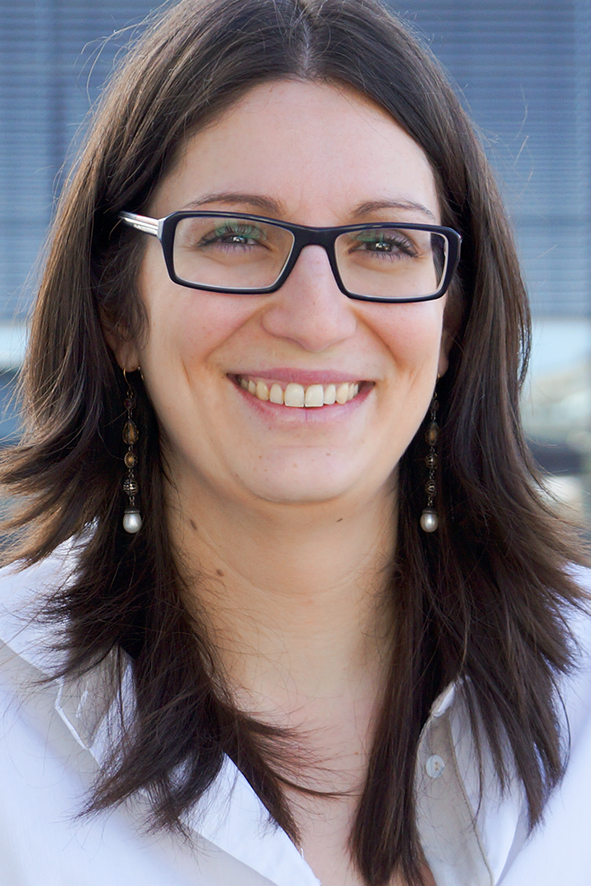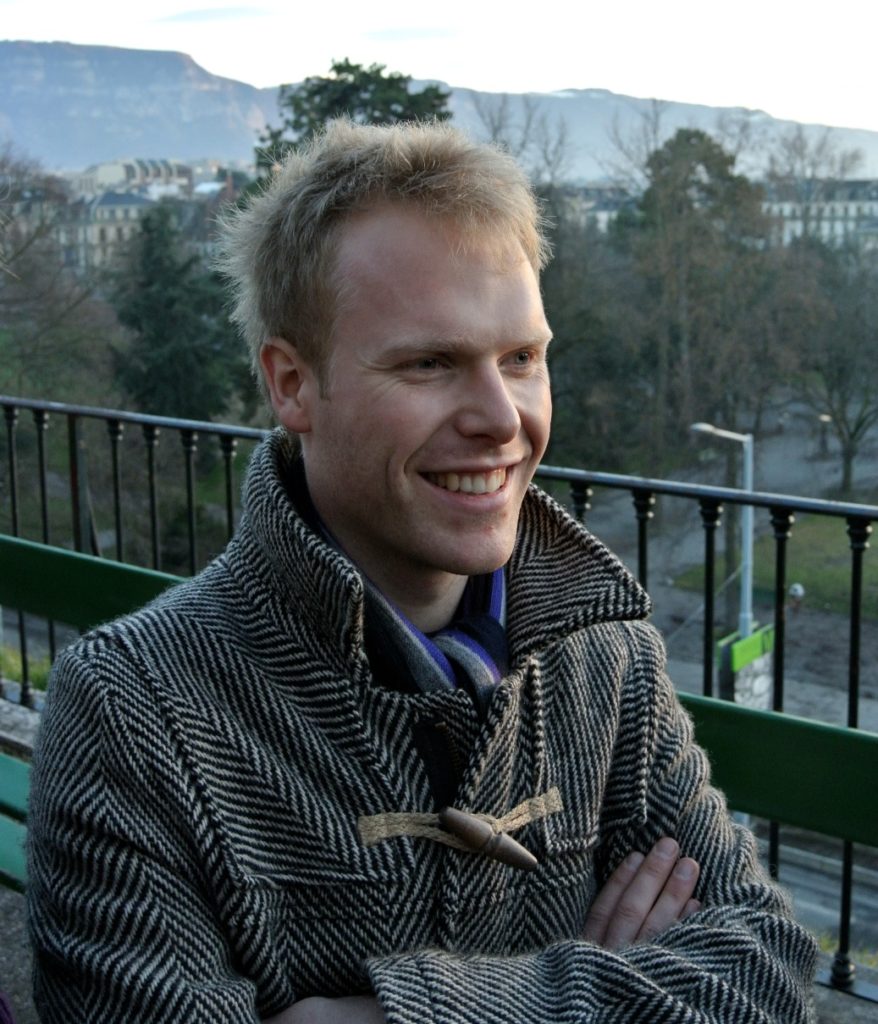In the last decades, how research is conducted has been profoundly changed by ICT, and there has also been a shift from the ‘sole genius’ towards teamwork and especially interdisciplinarity:
Today, millions of researchers worldwide collaborate across organisational, disciplinary, and cultural boundaries, extending the possibilities of new scientific discovery. This, and the associated data, has paved the way for the scientific field Science of Science, where one key question is understanding exactly how scientific quality is fostered by research collaboration.
An increasing amount of research questions cannot be answered by researchers from just one scientific discipline – collaboration is key in scientific research. Thanks to all the data available on research collaboration output, social scientists are now increasingly able to look at the big picture and ask a range of questions with the goal of understanding the mechanisms of what makes science excellent.
“Contemporary science is marked by a powerful shift towards increased creation and dissemination of new scientific knowledge beyond the scientific community. A timely and important development of interest for researchers, policy makers in ministries for higher education and research, university/research institute managers, and funding agencies,” says Postdoc Dr Jennifer Dusdal, a social scientist at the University of Luxembourg who works in the emerging Science of Science field.
Scientific productivity follows a stable worldwide pattern
Research has shown that the massive growth of scientific productivity and international research collaborations follows a stable worldwide pattern, albeit with important differences between countries.
“As we have learned from the extraordinary global scientific response to the ongoing Covid-19 pandemic, it was the often taken-for-granted educational and scientific infrastructure and striking world capacity to undertake focused, often collaborative research in due time at an unprecedented pace that enabled scientists to address this massive societal challenge to humanity,” Jennifer explains.
Improving science by understanding what drives good science
All those who conduct research can benefit from what the Science of Science investigates: by understanding its mechanisms, science can be improved via a multitude of aspects, from how it is funded to how it is organised, how it is achieved, and how it can have the most societal and economic impact.
One of the biggest challenges in the field of Science of Science, Jennifer explains, is the advancement of cross-disciplinary methods to analyse different types of data, as well as addressing theoretical problems to allow for a deeper understanding of the relational structures and drivers of scientific research. Addressing these challenges will open the door to providing in-depth insights into the fundamental, but complex mechanisms behind scientific discovery.
Embedded in a research subject
“I scrutinise the research agenda in the multidisciplinary field of Science of Science and explore the evolution of science, its underlying conditions for the genesis of scientific discovery, to better understand the factors driving science,” Jennifer explains regarding her research, adding:
“In our Q-KNOW project, we recoded millions of co-authored publications in STEM+ from Clarivate Analytics’ Web of Science to examine interorganisational collaborative networks and their impact on publication trends from 1900–2020 and interview data from organisational case studies. Using the concept of “relational quality”, we investigate how collaborations have evolved and compare (inter)national collaboration portfolios of all Germany’s science producing organisations.”
As a University-based researcher, Jennifer is embedded in the heart of the system she seeks to gain a deeper understanding of, an ideal situation: “The University as the central science-producer in Luxembourg provides an ideal platform for collaborative research and discovery.
“Researchers at institutes, companies, hospitals, as well as government agencies also contribute to science and generate high-impact publications. A future goal is to identify diverse types of collaboration, along with their ‘relational portfolios’, such as the network positions of an organisation,” Jennifer concludes.
Lecture series Science of Science in the Spotlight
With support from the FNR’s RESCOM programme, Jennifer Dusdal has organised ‘Science of Science in the Spotlight’, a series of lectures which sees leading researchers share their knowledge at the intersection of higher education research, bibliometrics, sociology of science, and history/philosophy of science—embedded in social and computational sciences more generally.
Find out more about Science of Science in the Spotlight
Dr Jennifer Dusdal is a Postdoc at the University of Luxembourg
MORE ABOUT JENNIFER DUSDAL

On anecdotes in the course of her research
“Just before the submission of my doctoral thesis I detected inconsistencies in my data analysis standing in front of my printed results hanging on the office walls––reviewing the big picture! Calming words, sleepless nights, newly written codes and new methodological approaches solved the nerve-wracking situation and bolstered my results.”
On working with others – how science moves forward
“I love talking to others, sharing ideas, and discussing new approaches with my international teammates. New knowledge is not only the result of me sitting in my office thinking, but often builds on previous work of many others inspiring me to leave the beaten path. That’s how science moves forward!”
On herself, the scientist, and sharp minds
“I am a curious, creative, and passionate scientist who loves to work collaboratively with colleagues from different cultural and disciplinary backgrounds. My research group at the University of Luxembourg gives me the freedom and flexibility to develop my own ideas. Together, we established a worldwide network of sharp minds.”
On choosing Luxembourg as a research destination
“It was an unexpected opportunity for me to join the University of Luxembourg. I am a sociologist of science who is inquisitive about science capacity-building and the development of diverse higher education and science systems. Working in a young, vibrant, expanding, and globalized research environment enables me to observe its institutionalization and related negotiation processes at different levels in real time.
“Excellent research conditions, a strong team, opportunities to meet curious colleagues from different fields, and support to develop my academic career makes Luxembourg the perfect place for my research.”
On the peer-to-peer summary of her research
“Going beyond a descriptive analysis of collaborative networks on different levels of analysis, I aim to appraise causal associations and to disentangle negotiation processes that are of great importance for successful collaborations in international and interdisciplinary research projects, accounting for different scientific cultures, socializations, habits and preferences.
“I aspire to support innovative and policy relevant research at the nexus of higher education research and science studies, bibliometrics, and computational social sciences––traditionally separate communities focusing either on small-scale, in-depth case studies or large-scale “big data” research. I will build important bridges to bolster the growing research between these diverse scientific communities.”


RELATED FUNDING
About Spotlight on Young Researchers
Spotlight on Young Researchers is an FNR initiative to highlight early career researchers across the world who have a connection to Luxembourg, with nearly 100 features published since 2016.
More in the series SPOTLIGHT ON YOUNG RESEARCHERS
- All
- Cancer research
- Environmental & Earth Sciences
- Humanities & Social Sciences
- Information & Communication Technologies
- Law, Economics & Finance
- Life Sciences, Biology & Medicine
- Materials, Physics & Engineering
- Mathematics
- Research meets industry
- Sustainable resource mgmt
- Women in science








